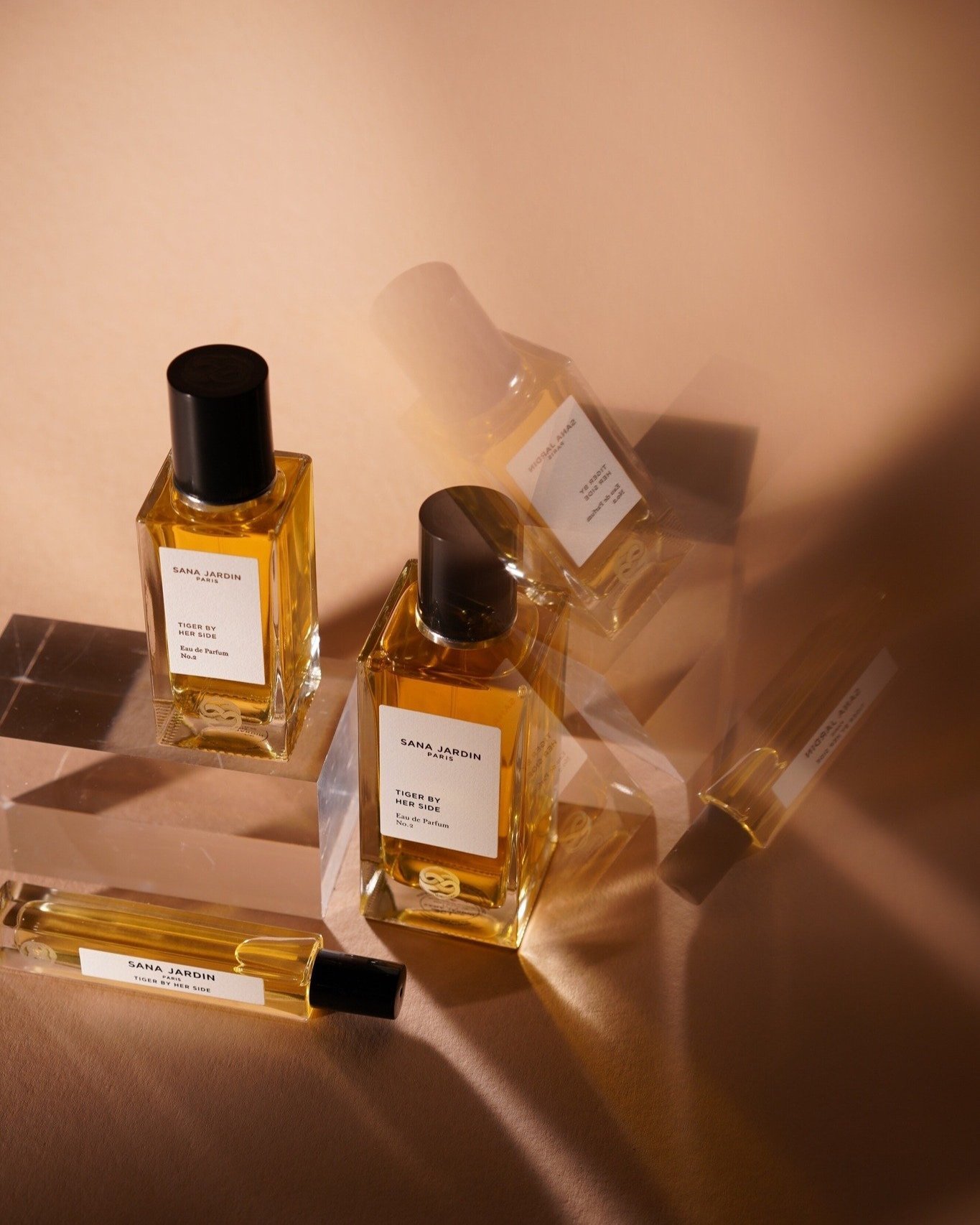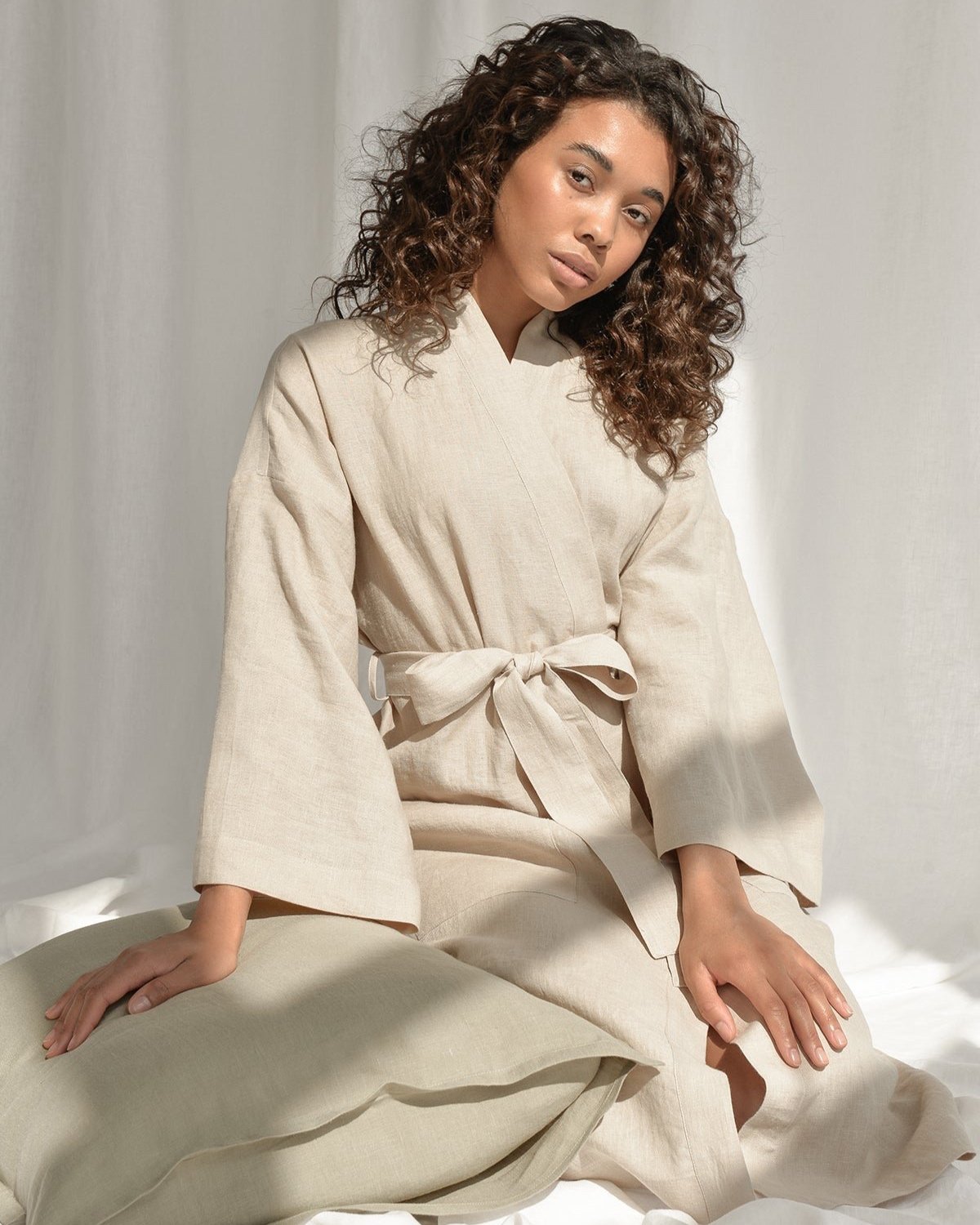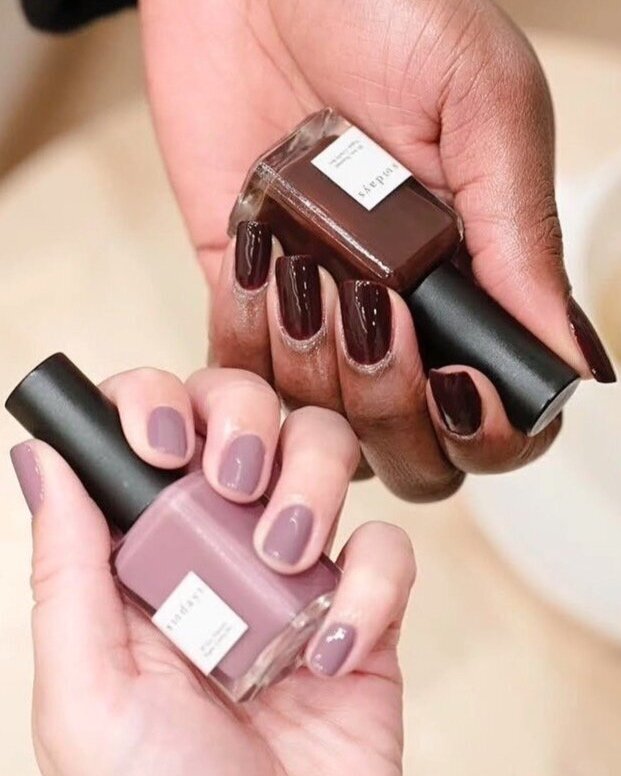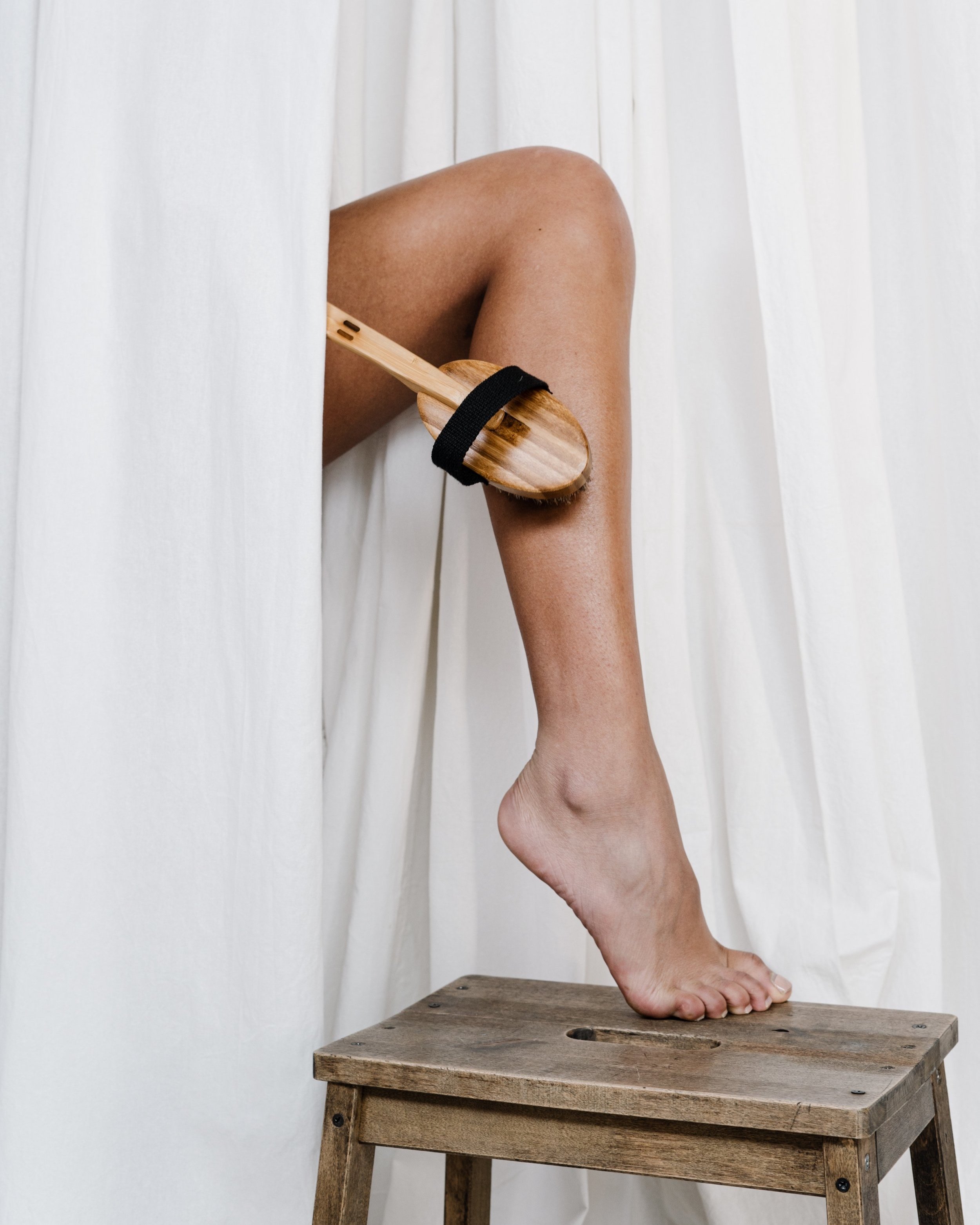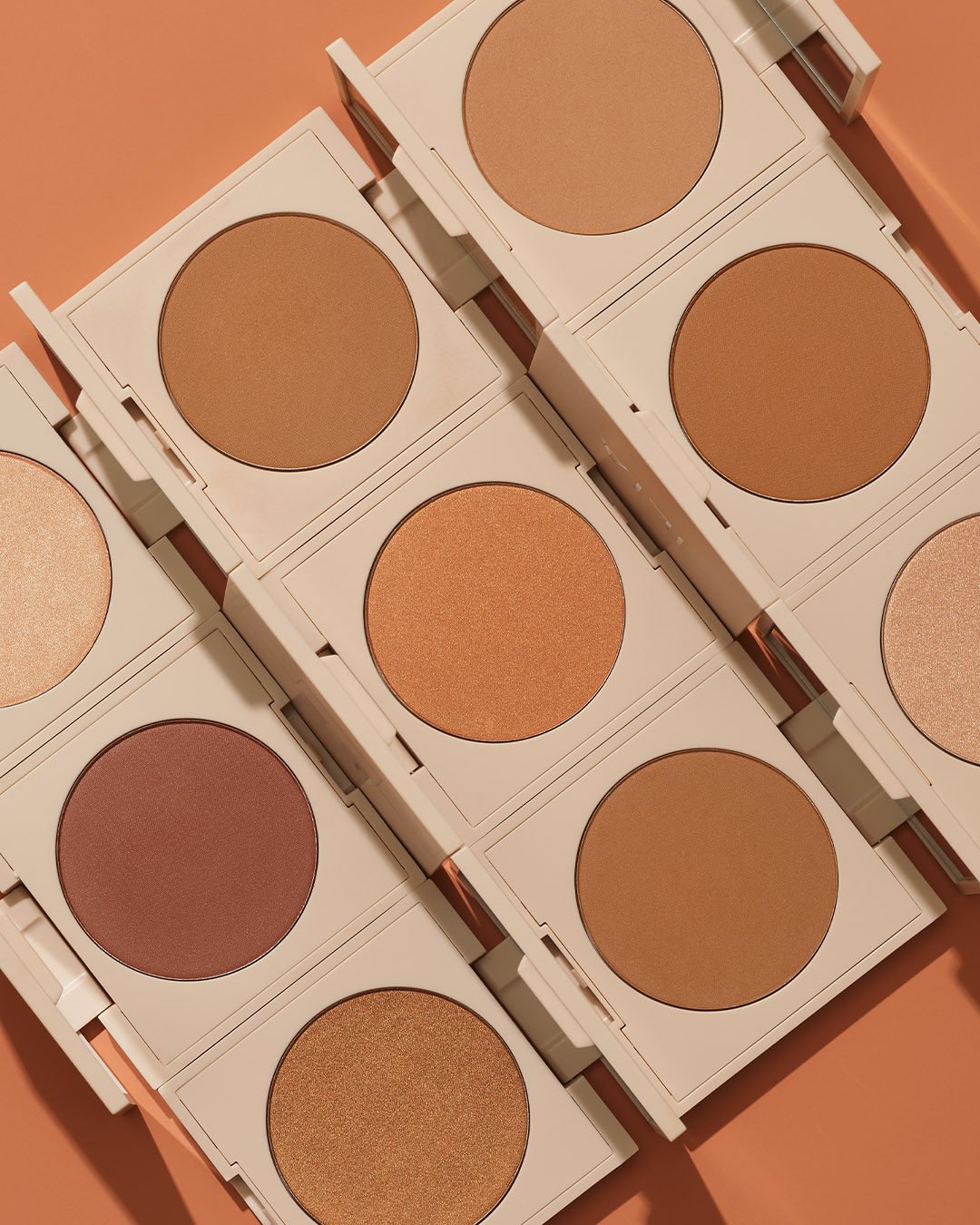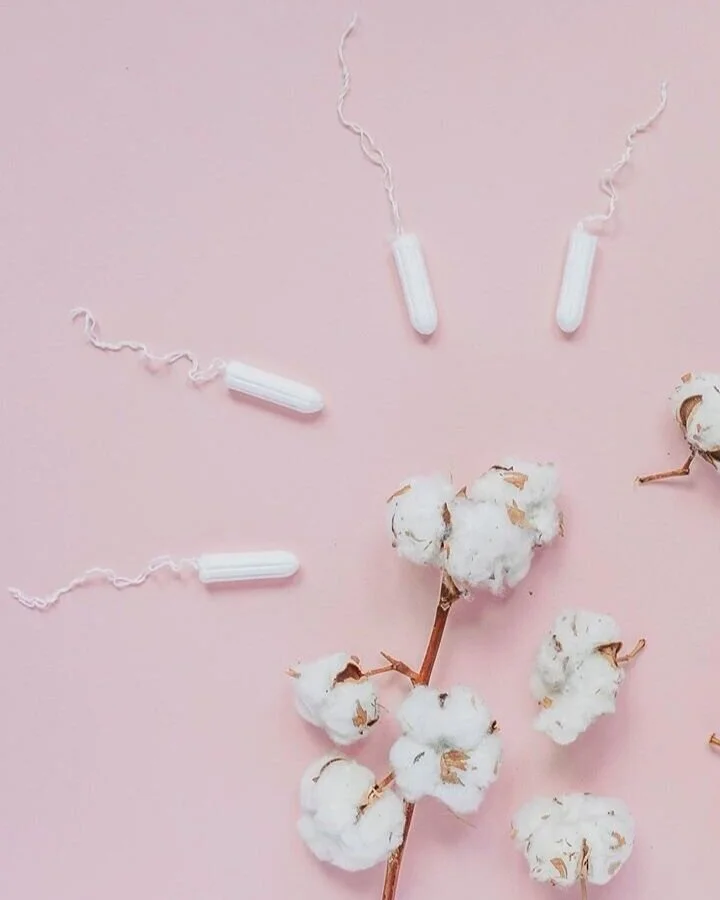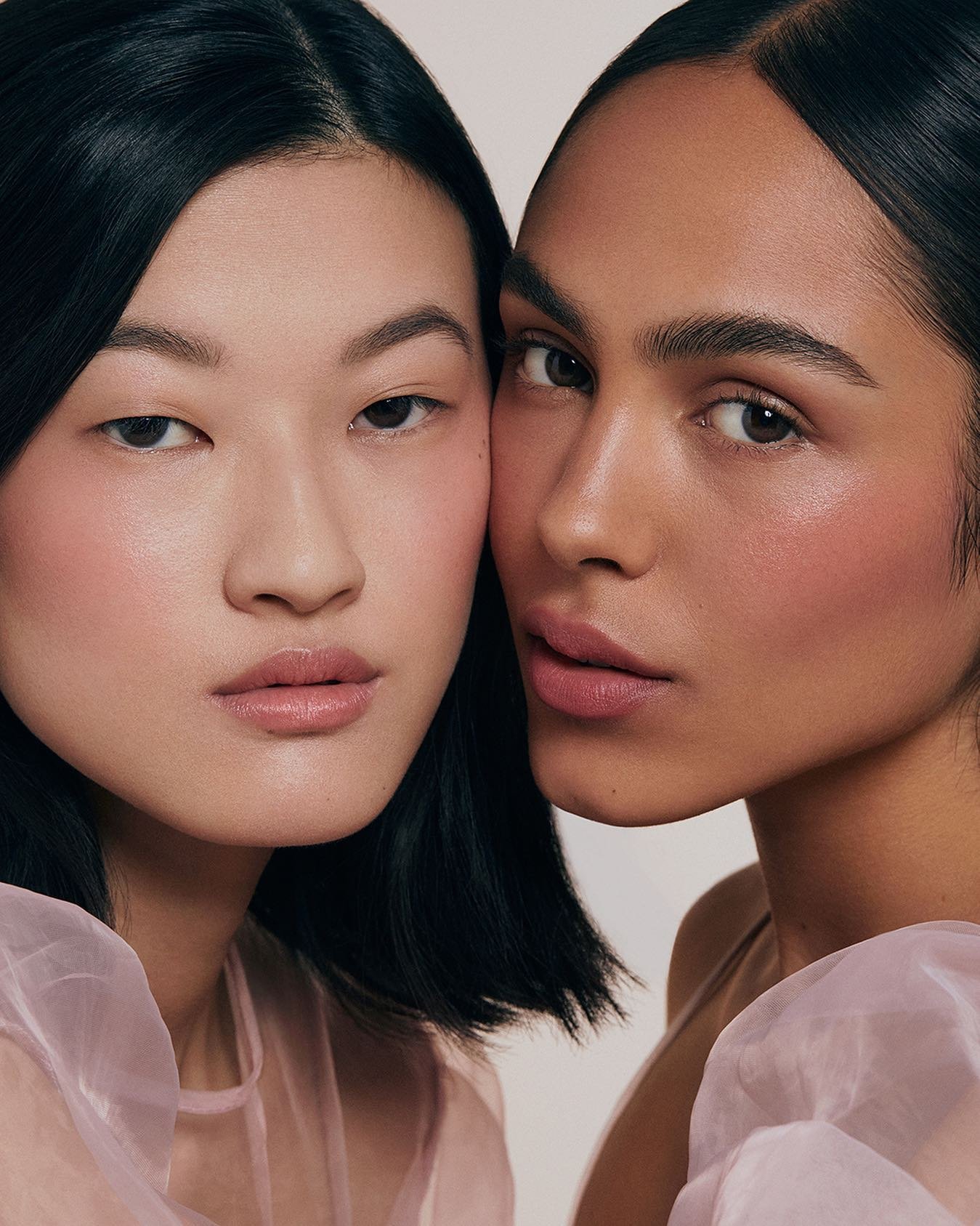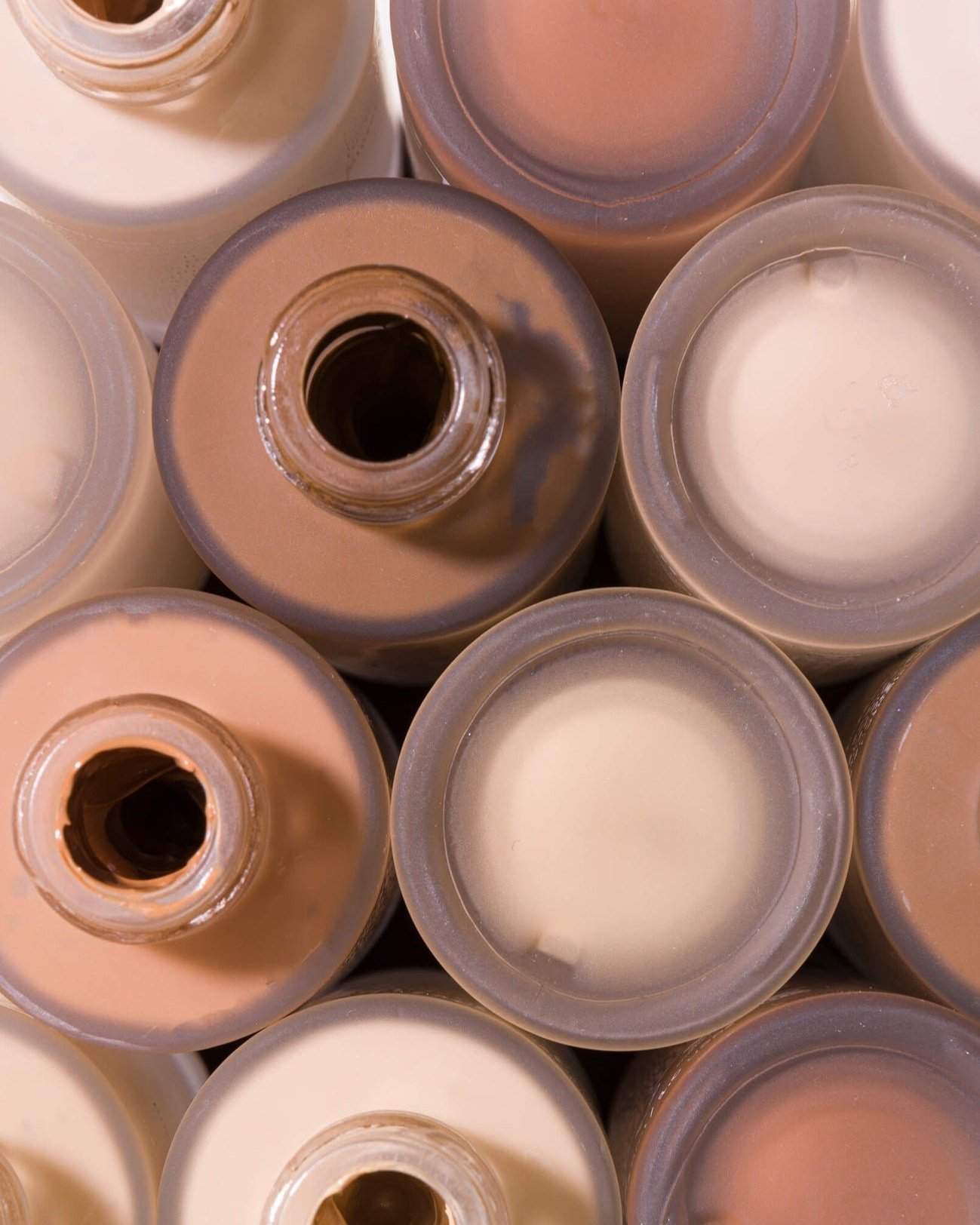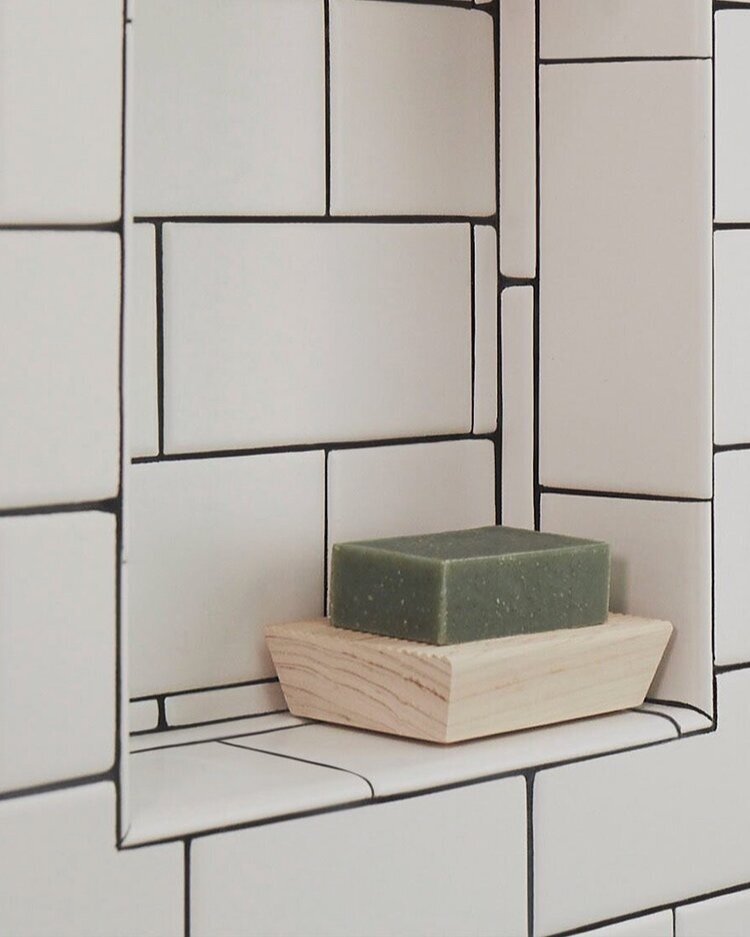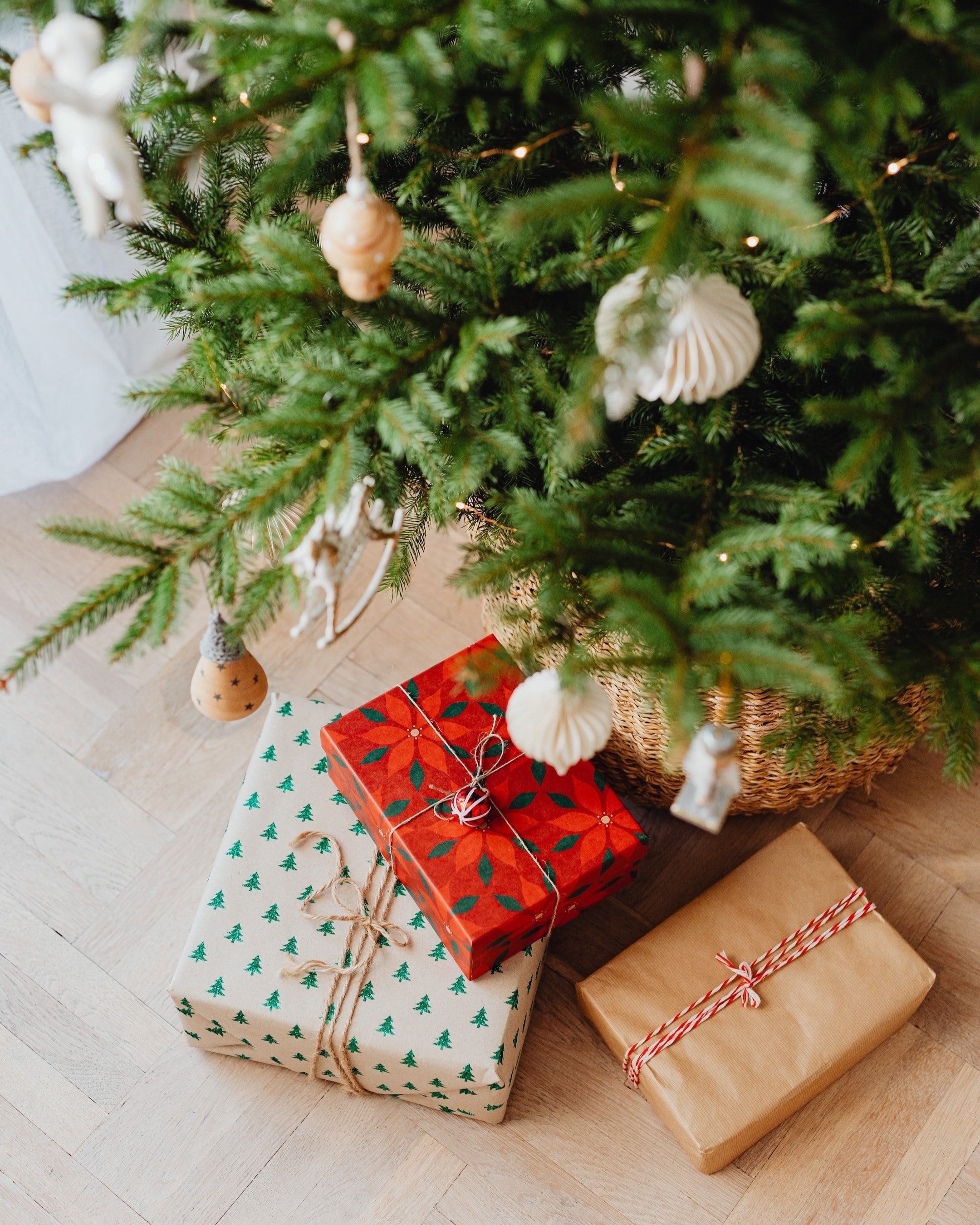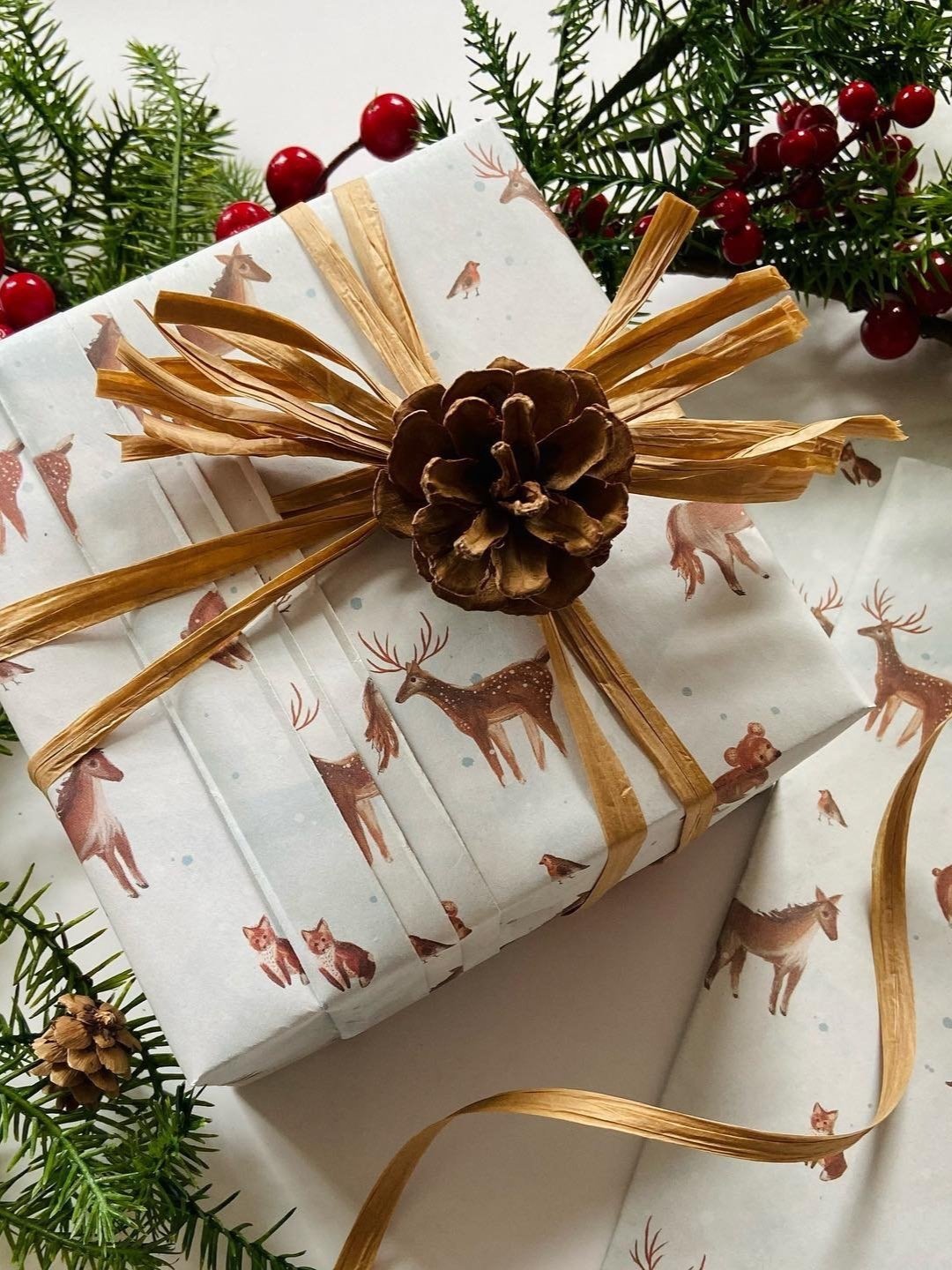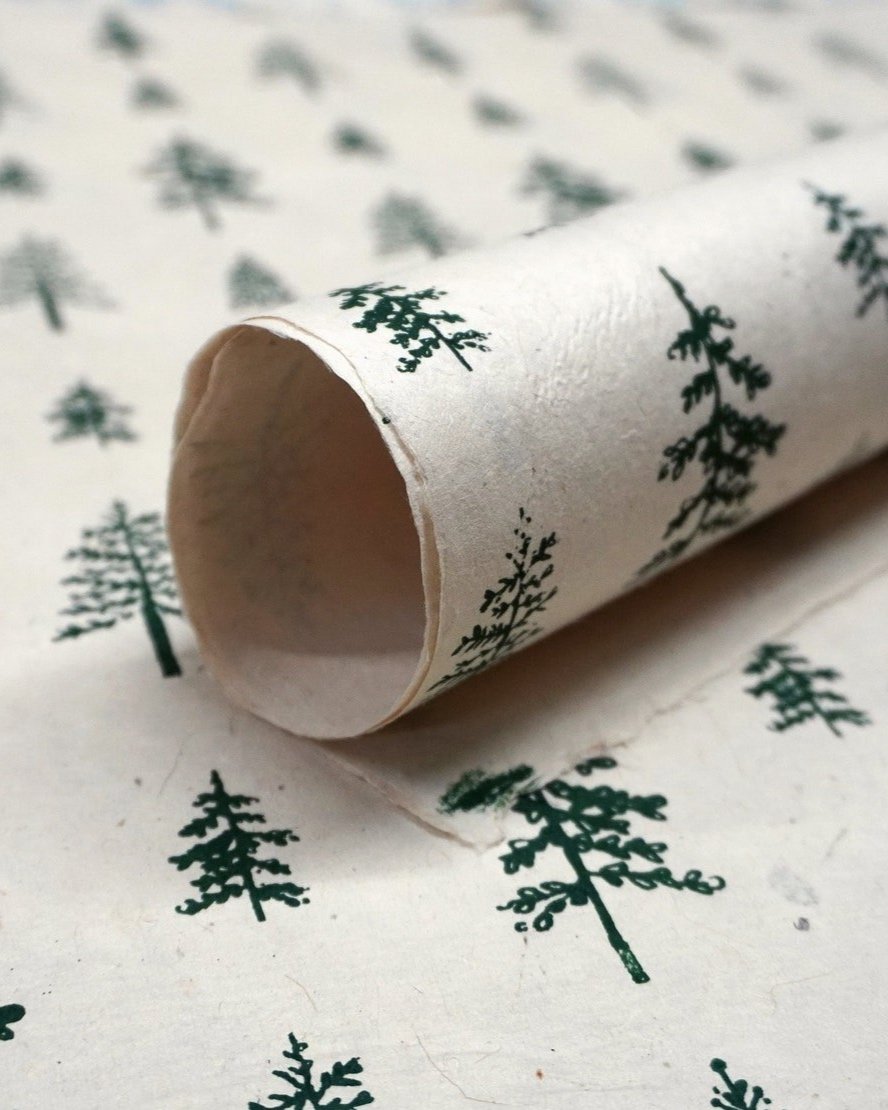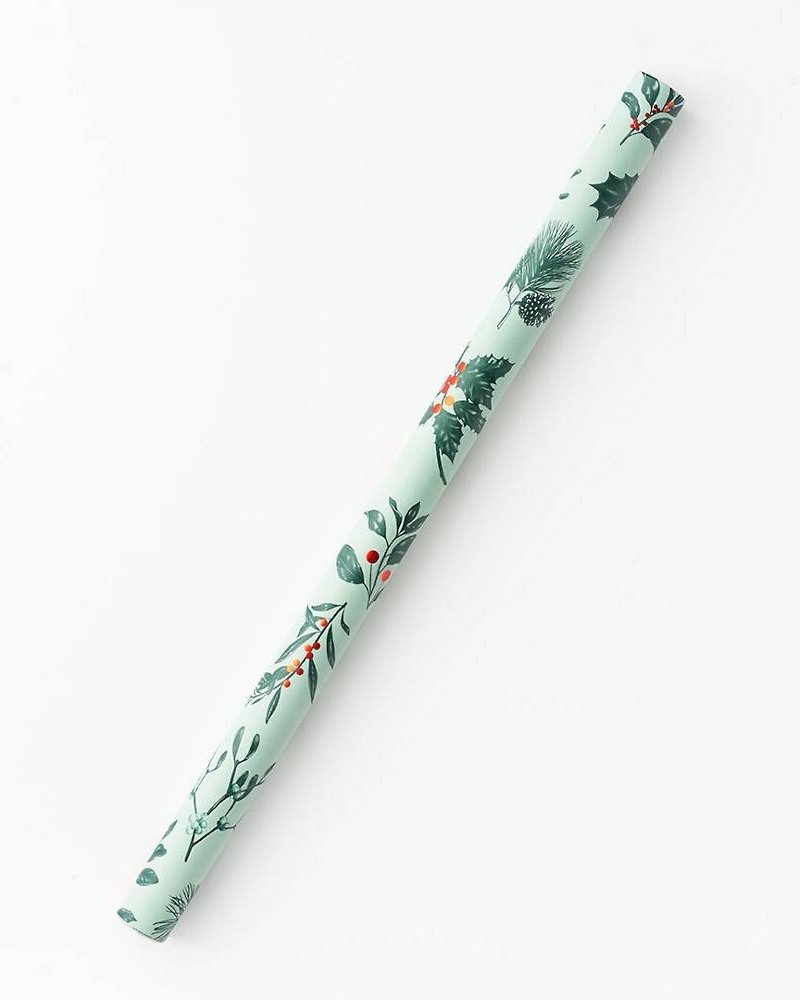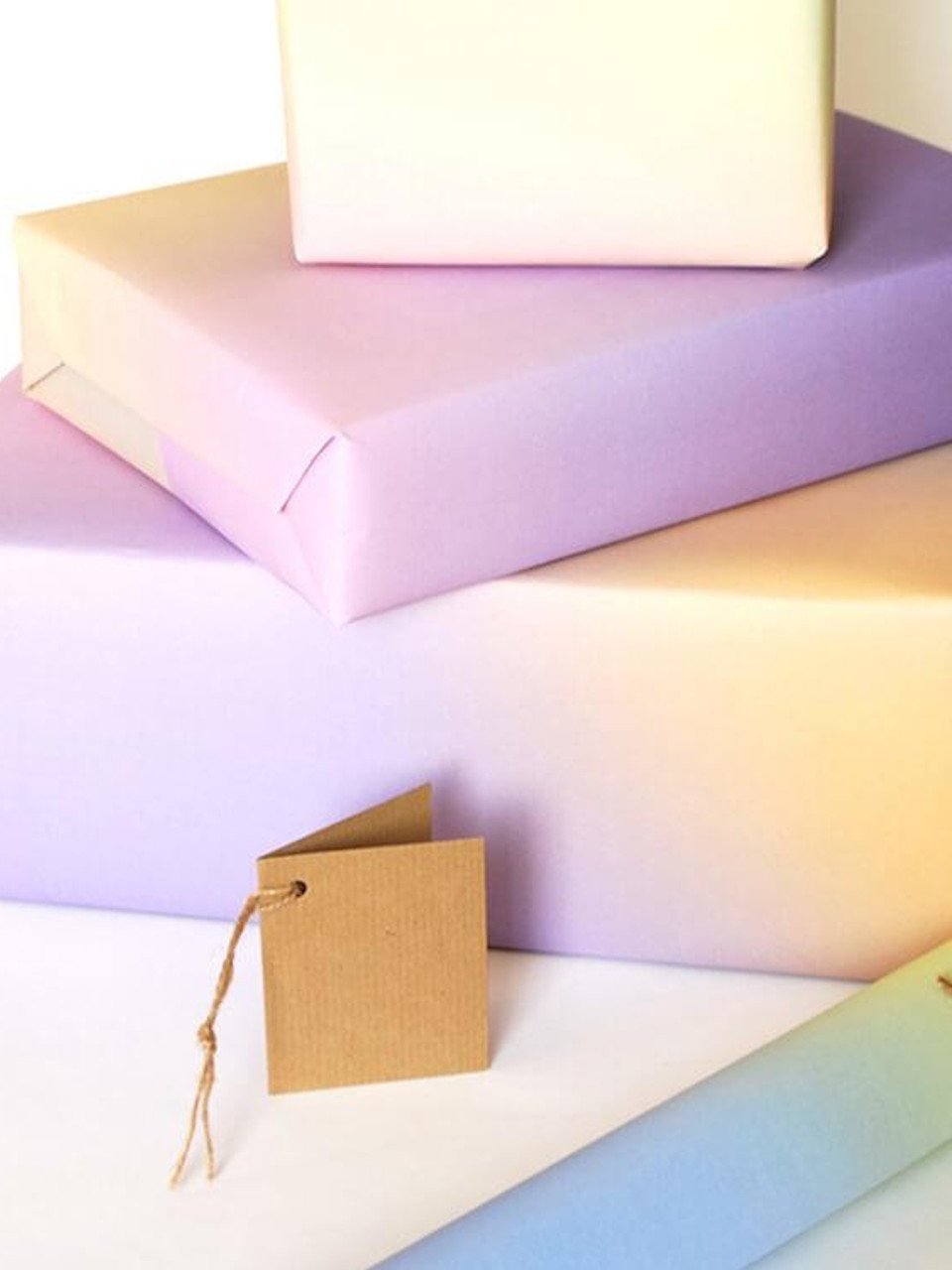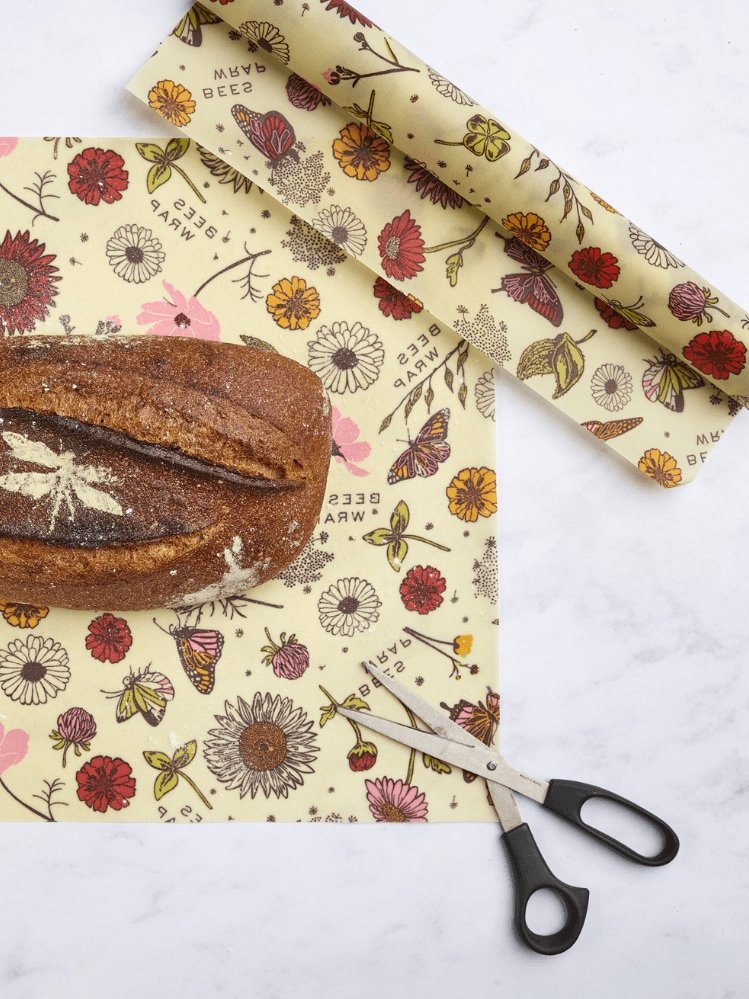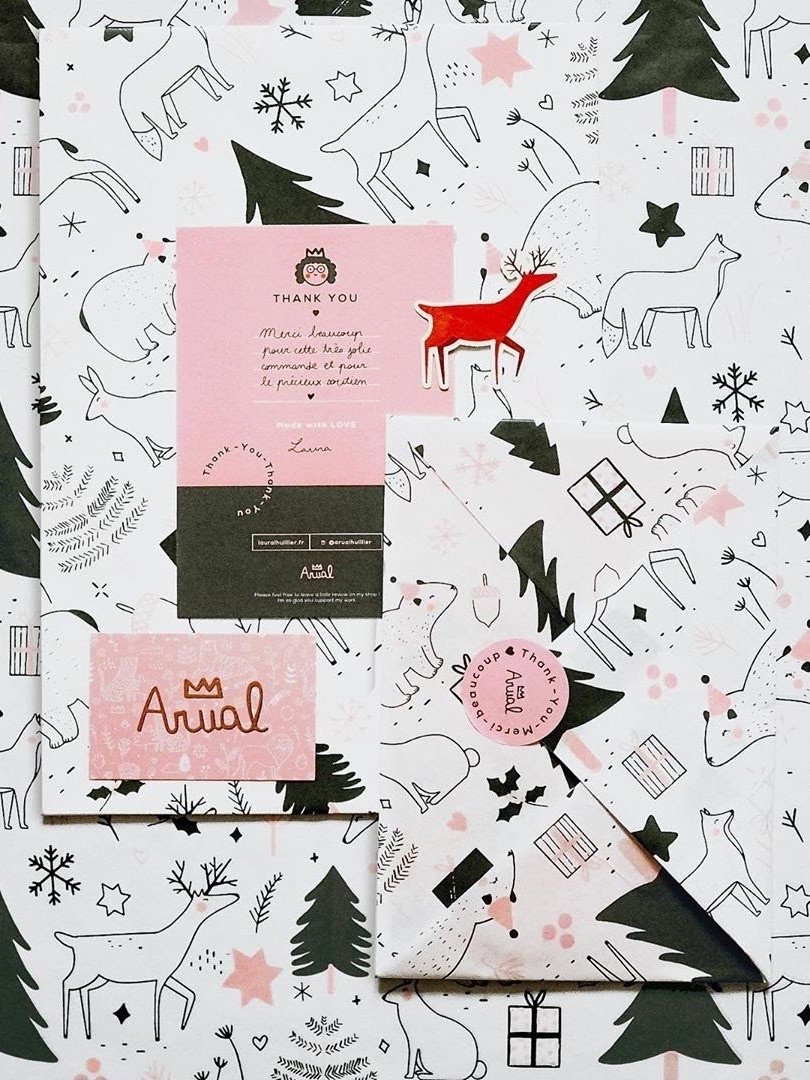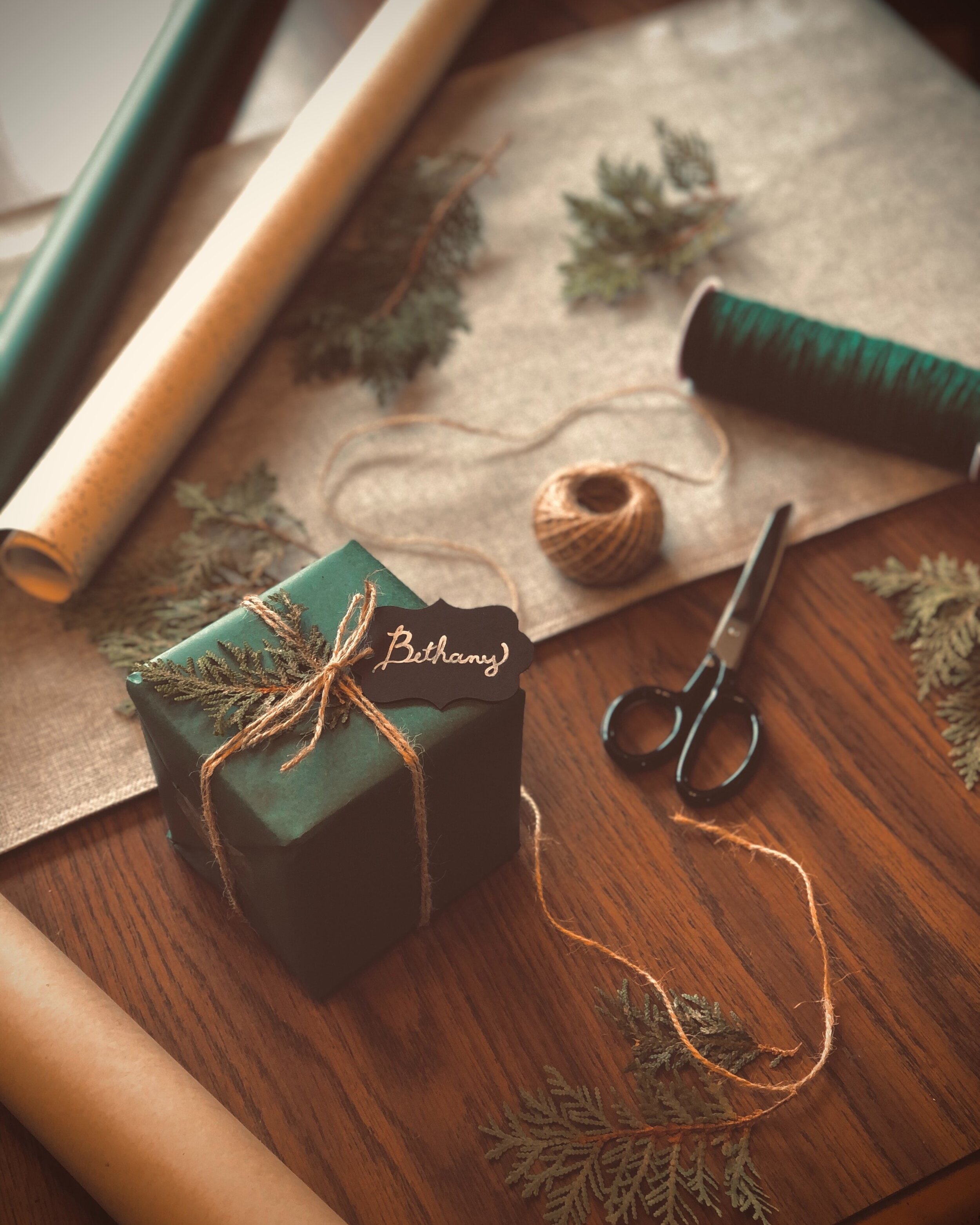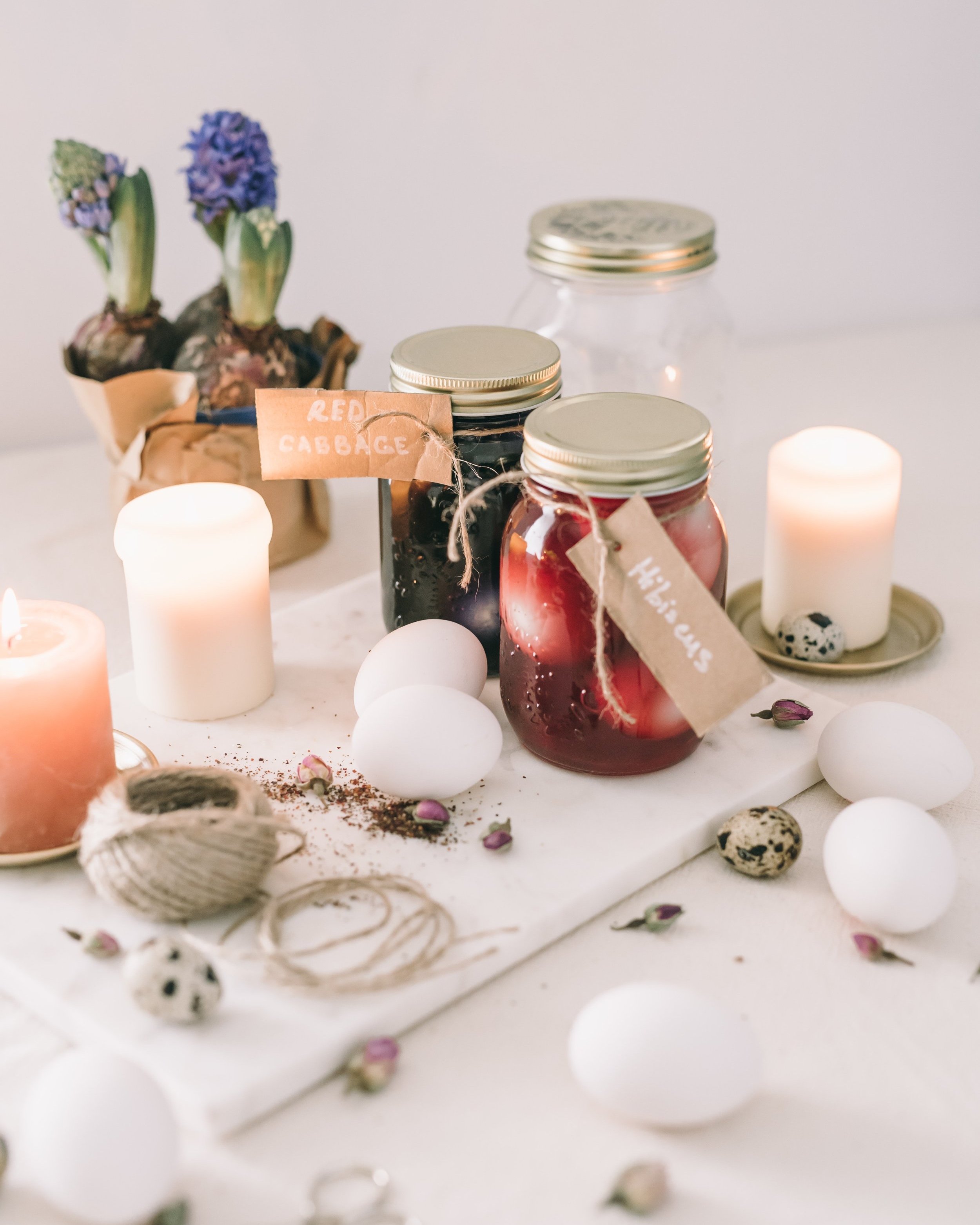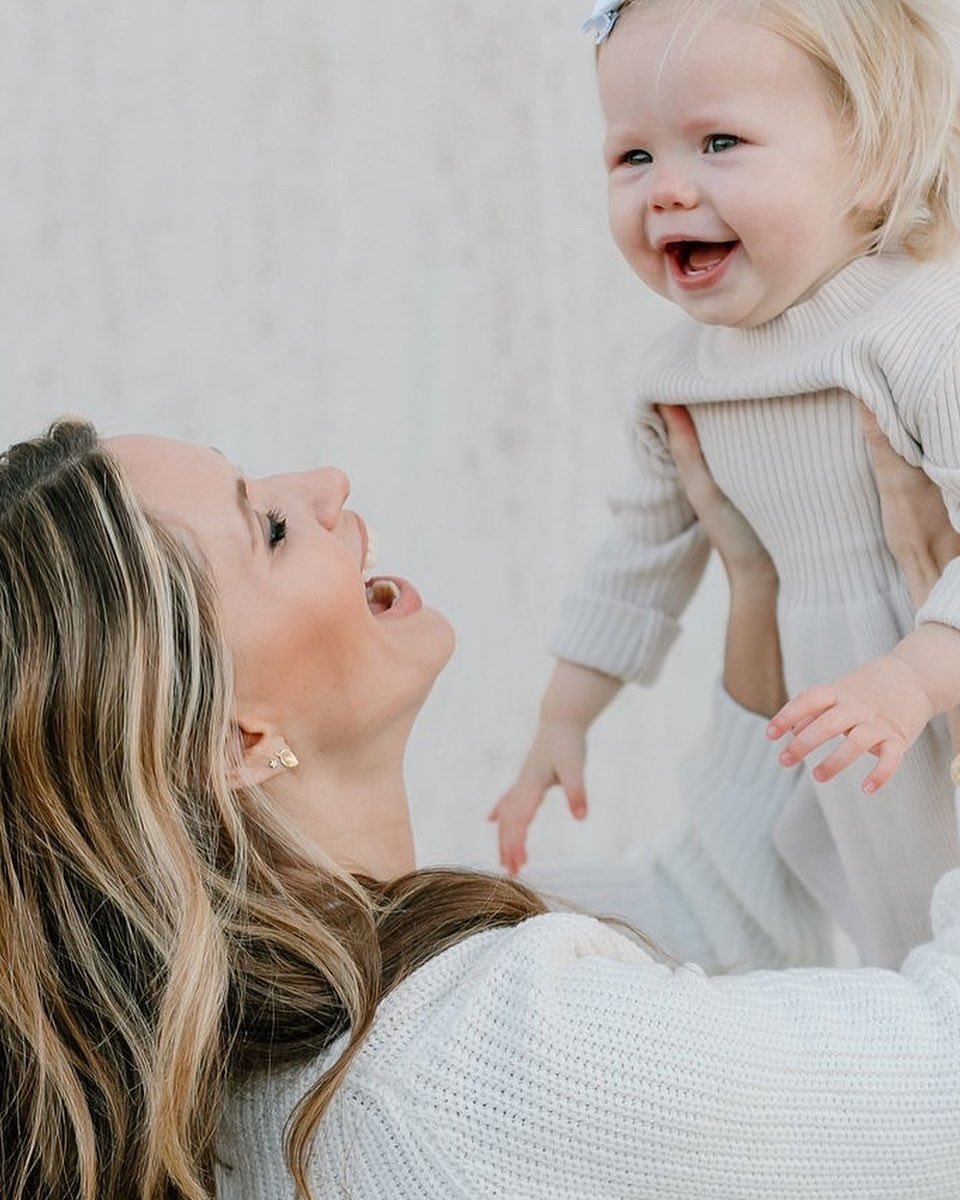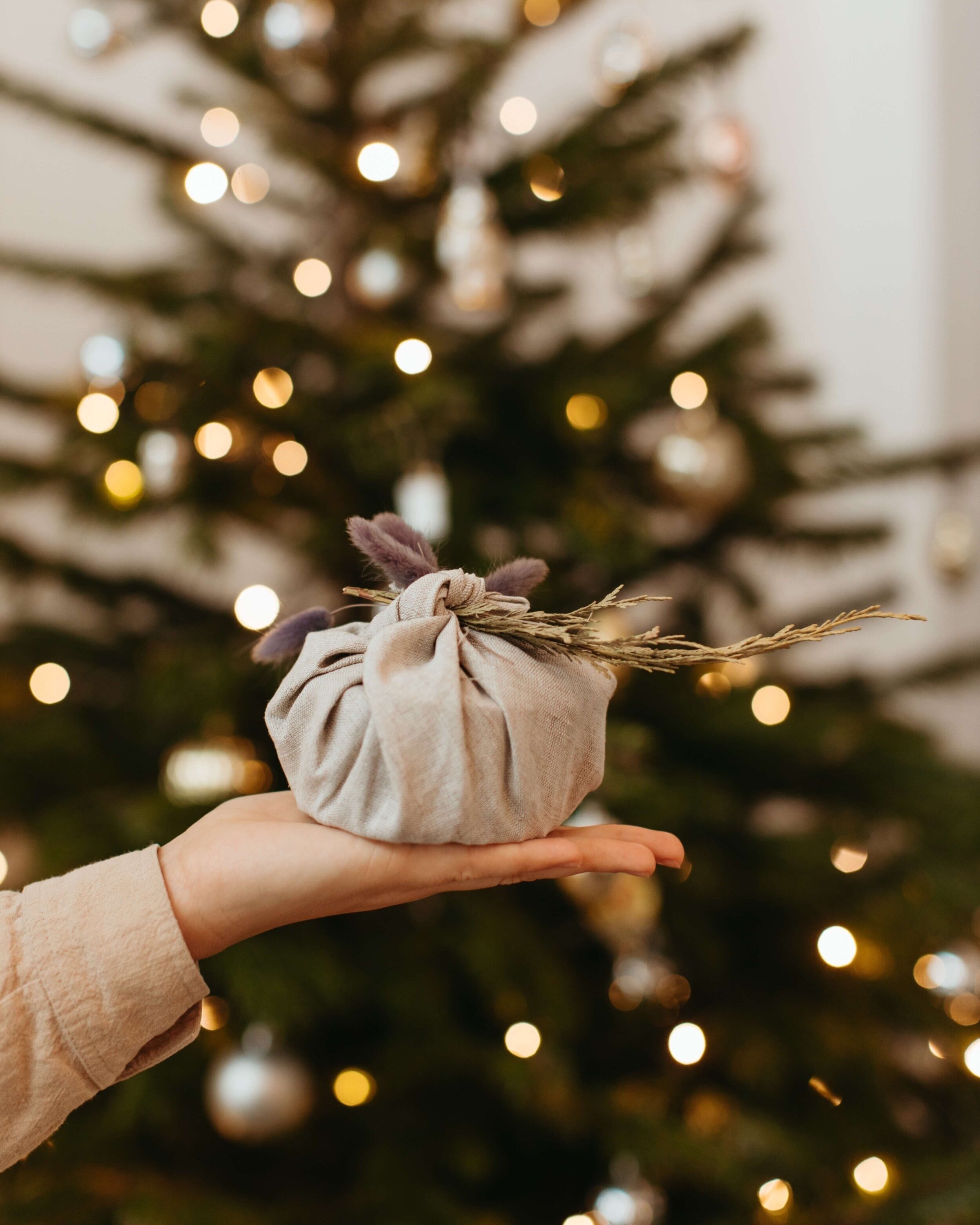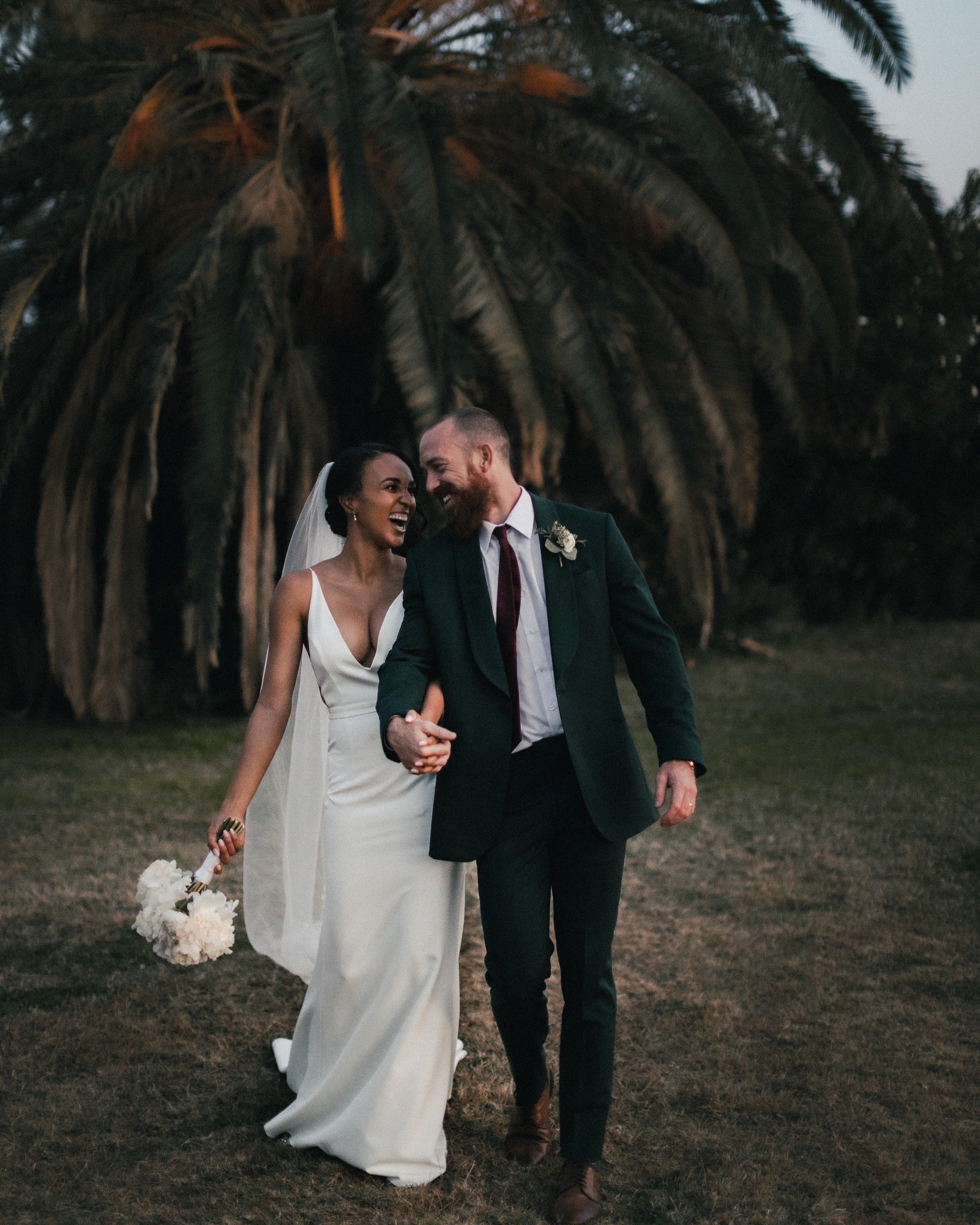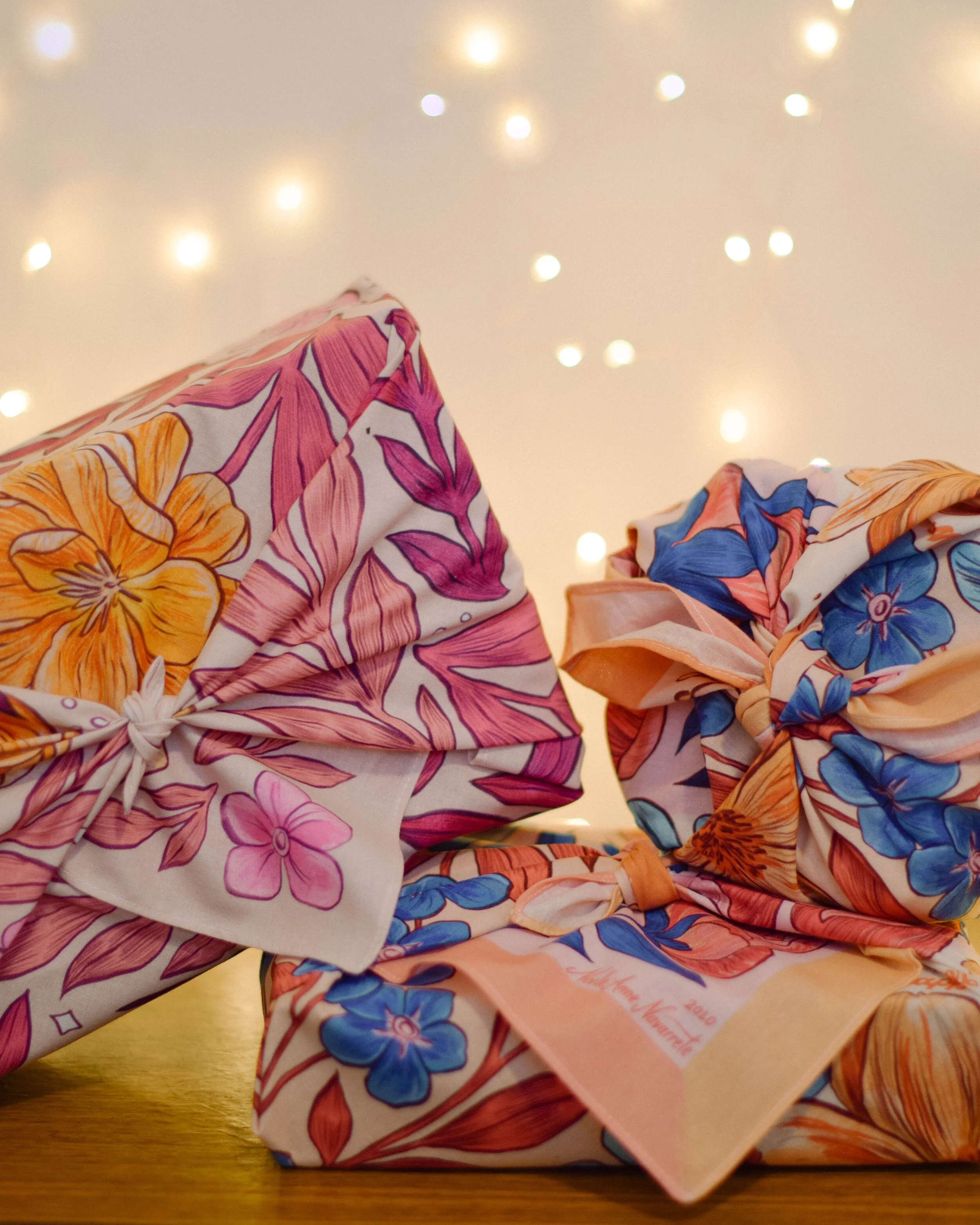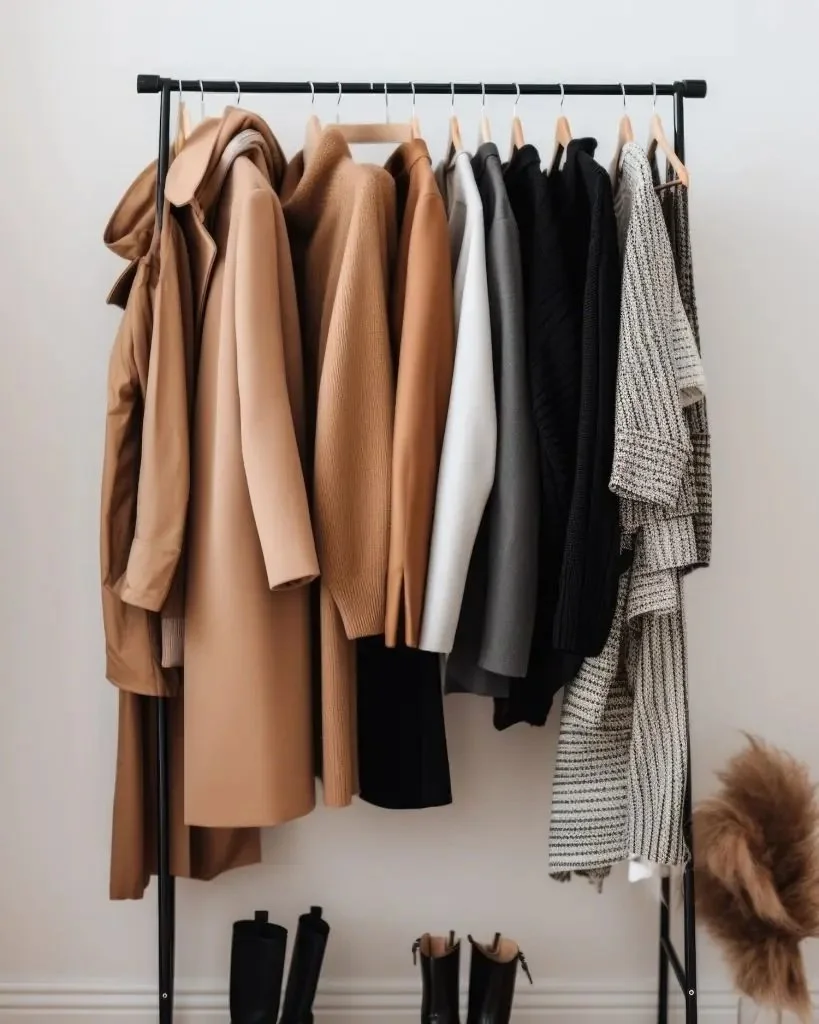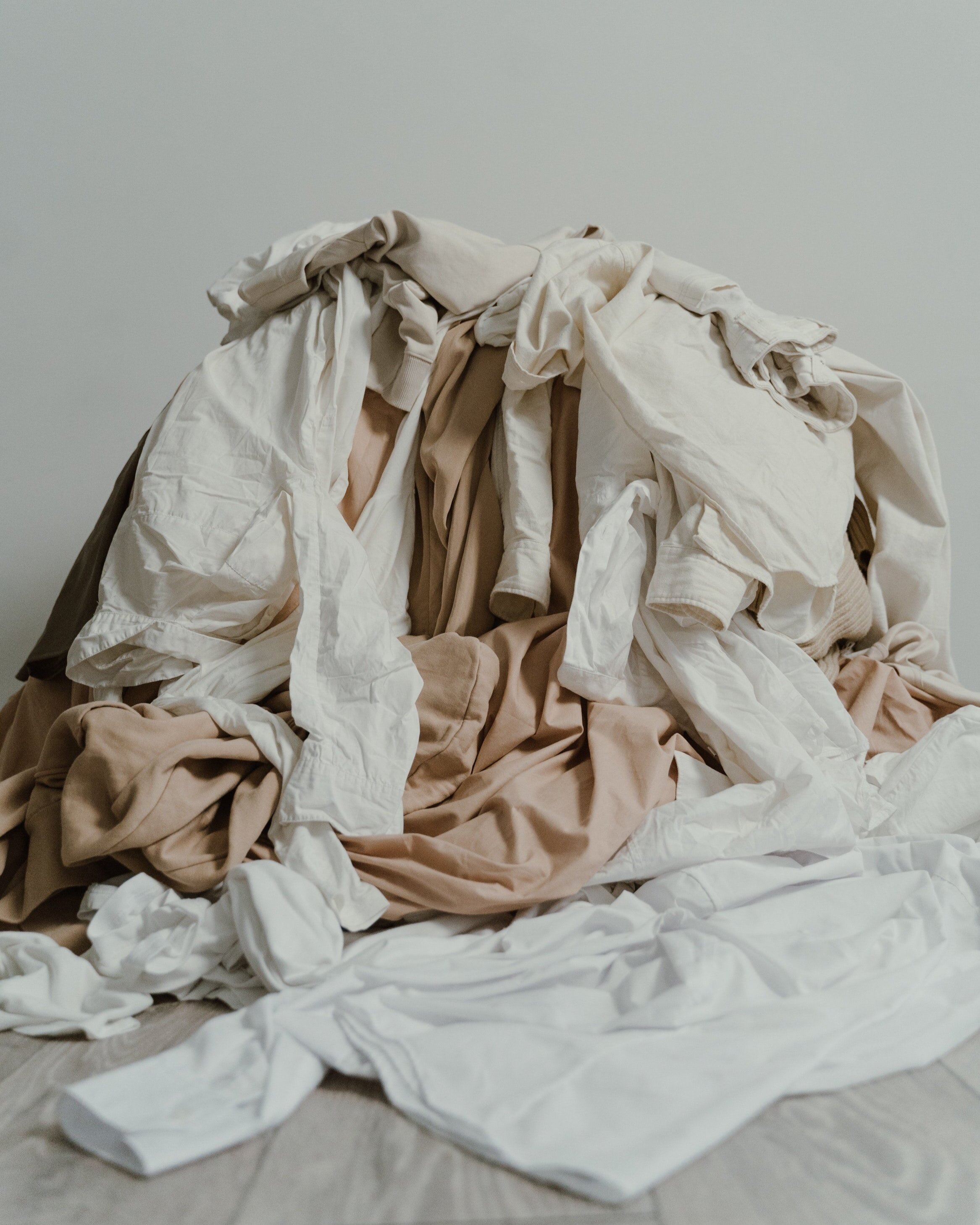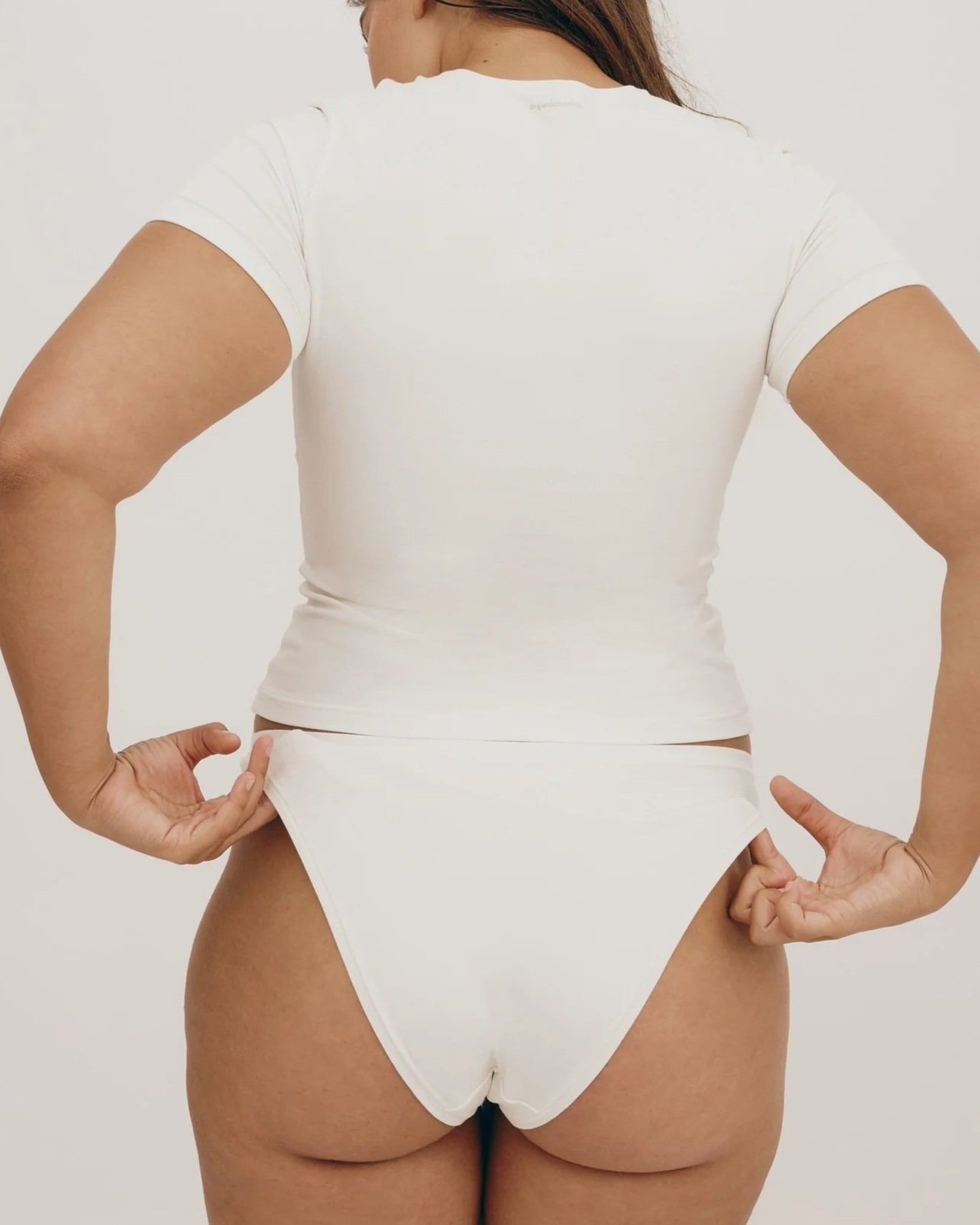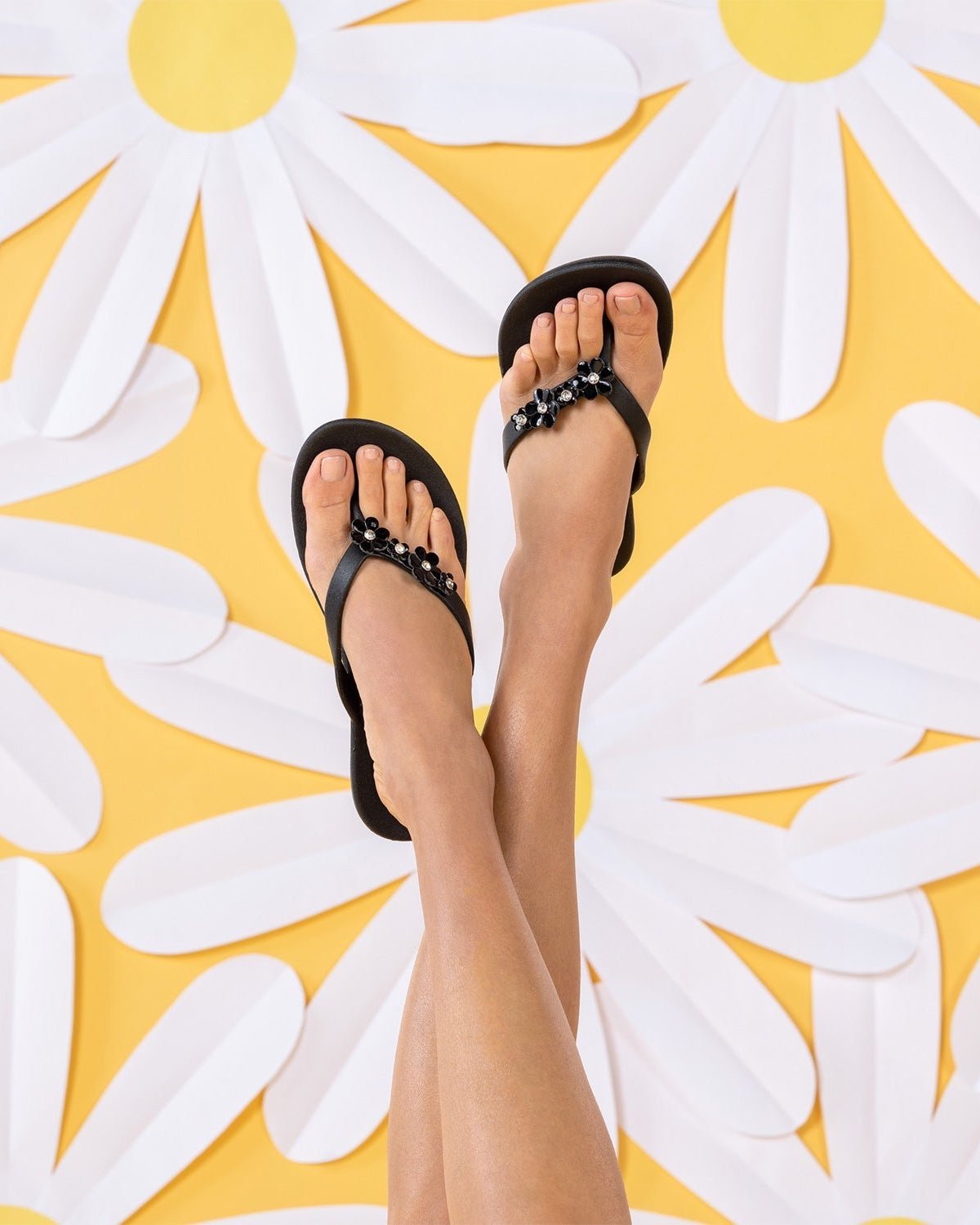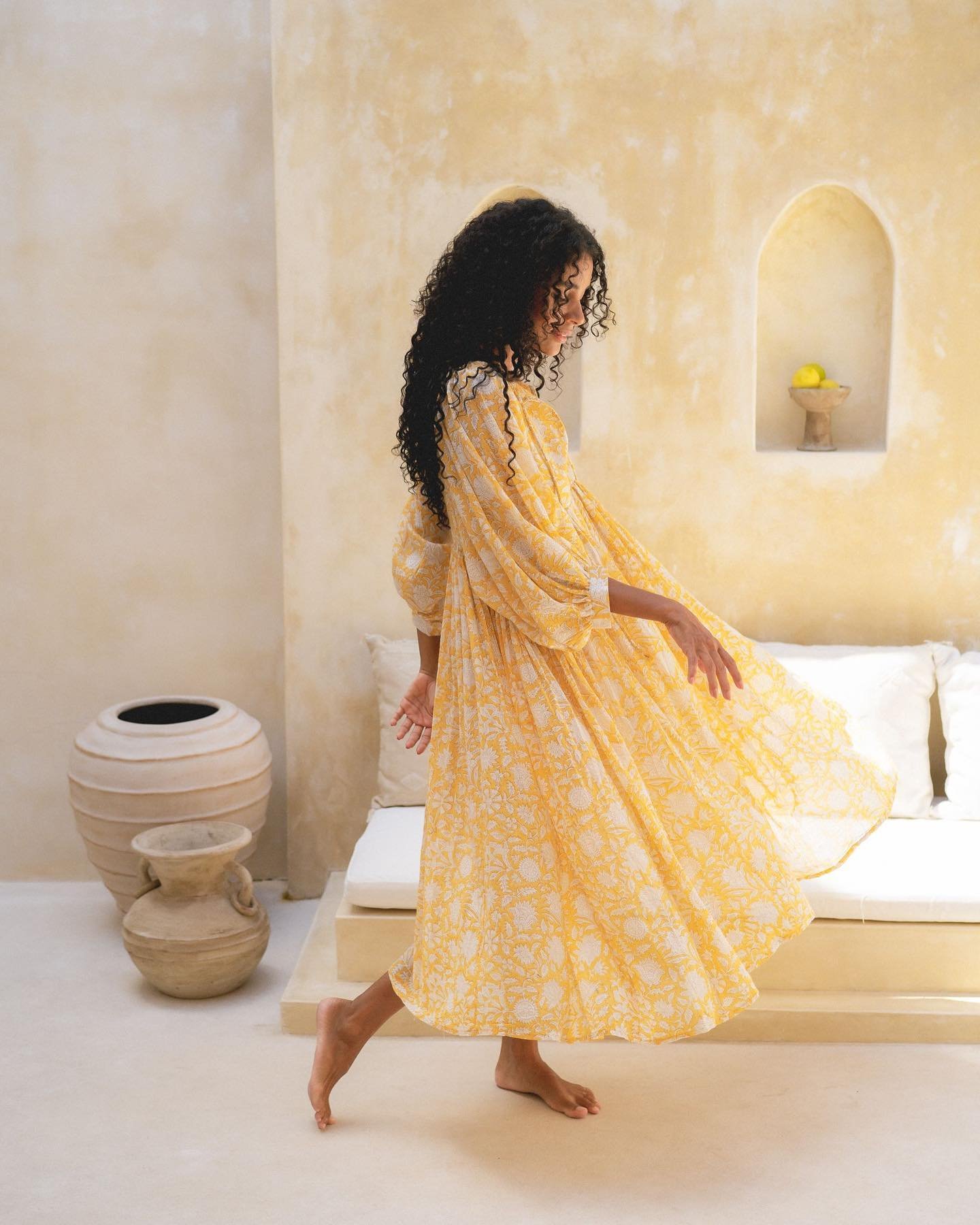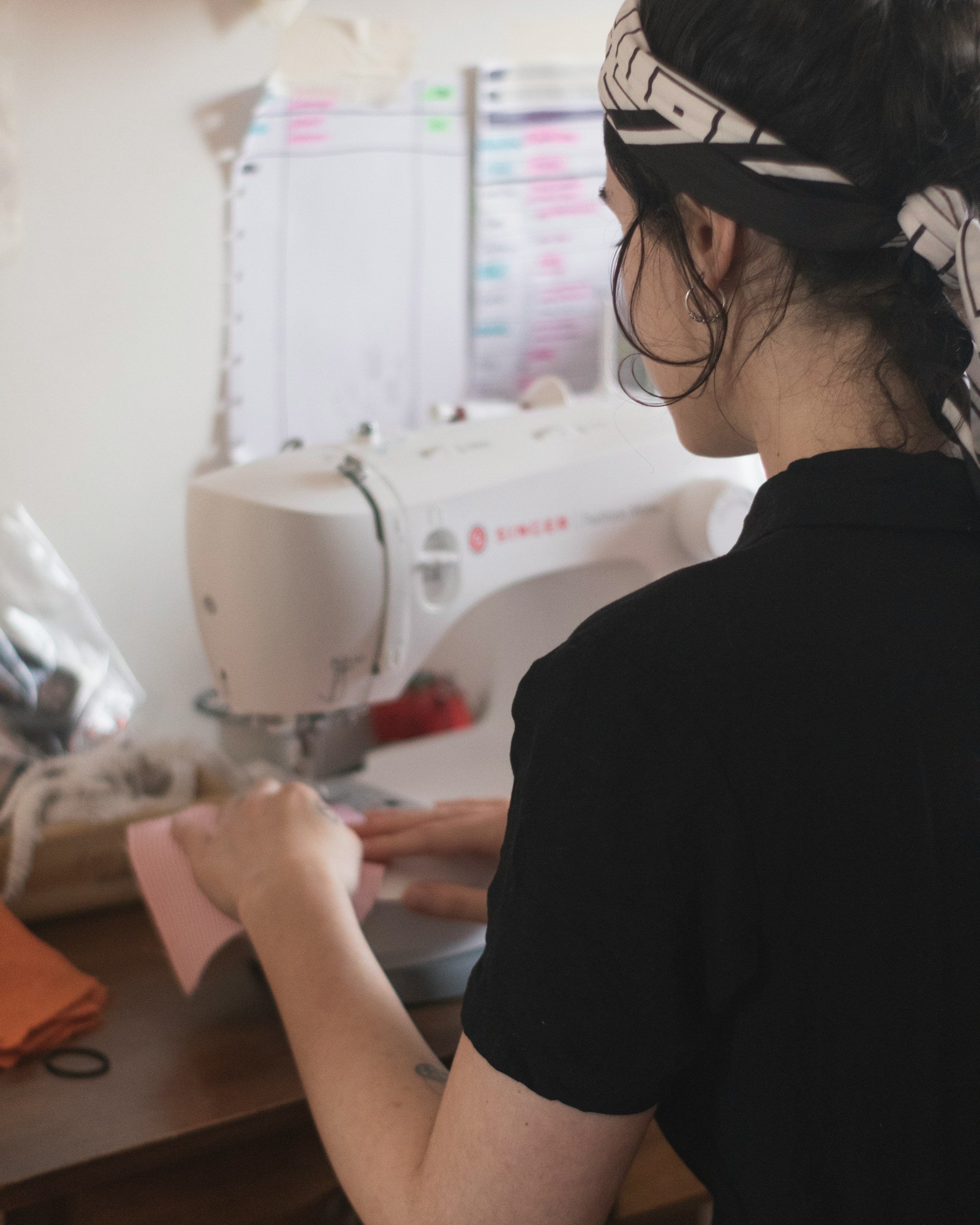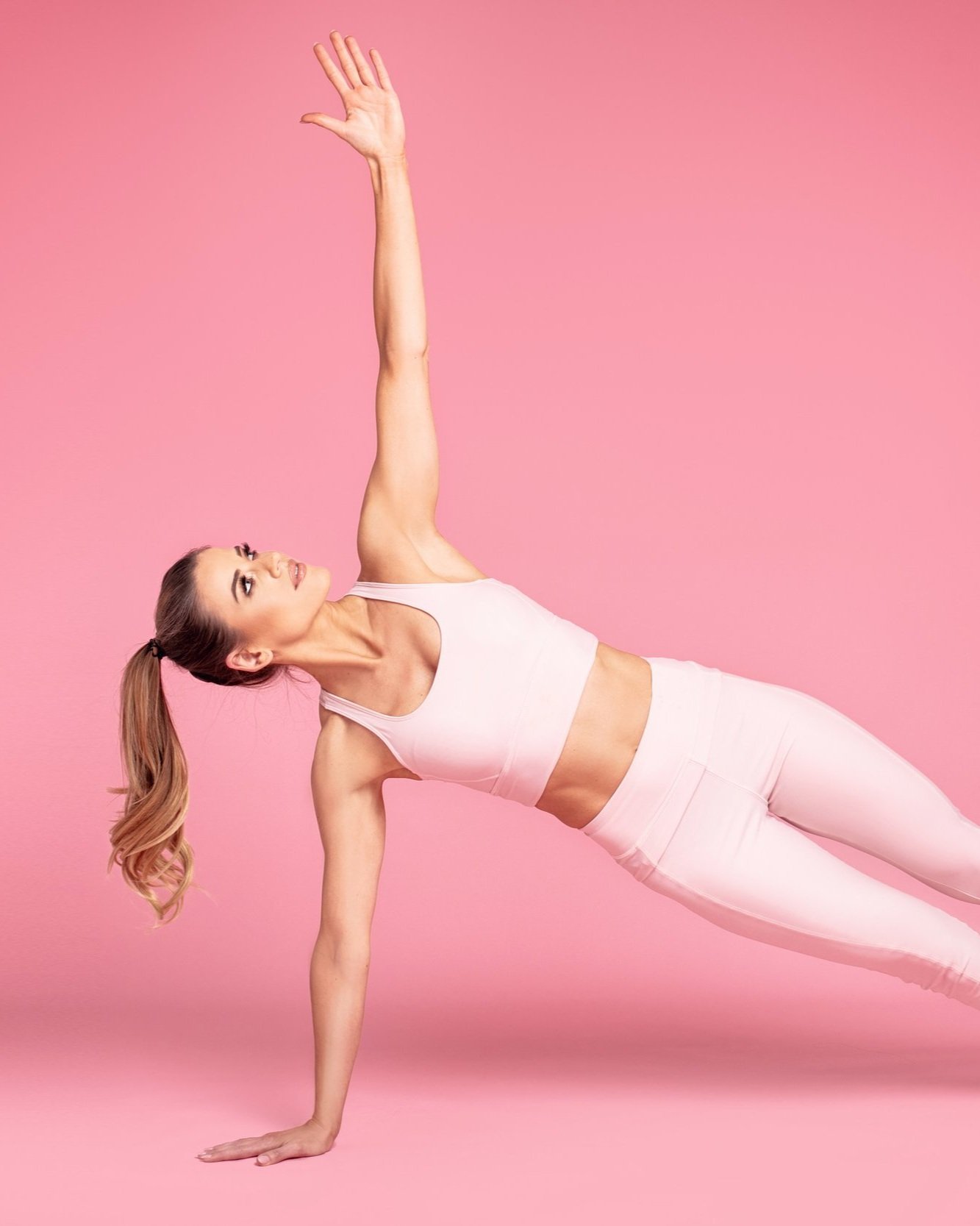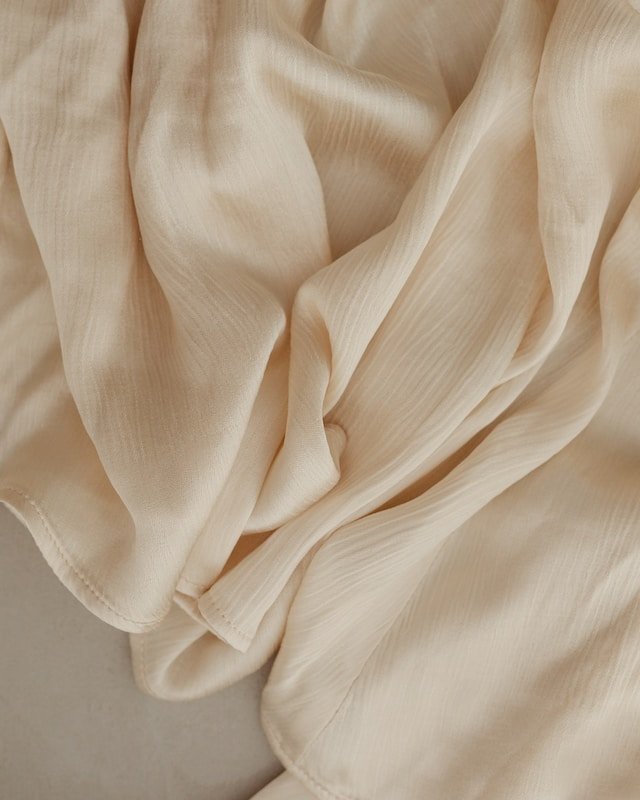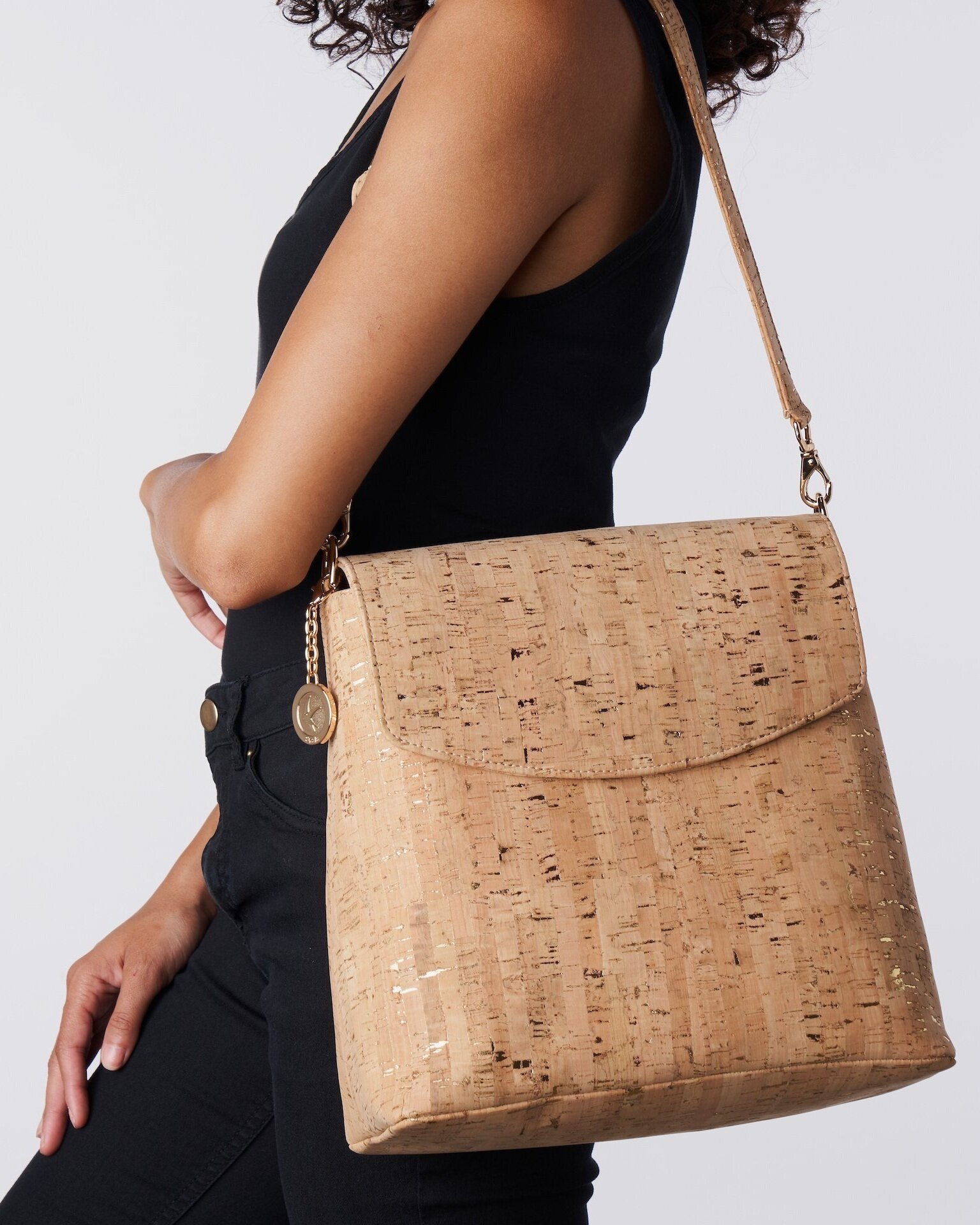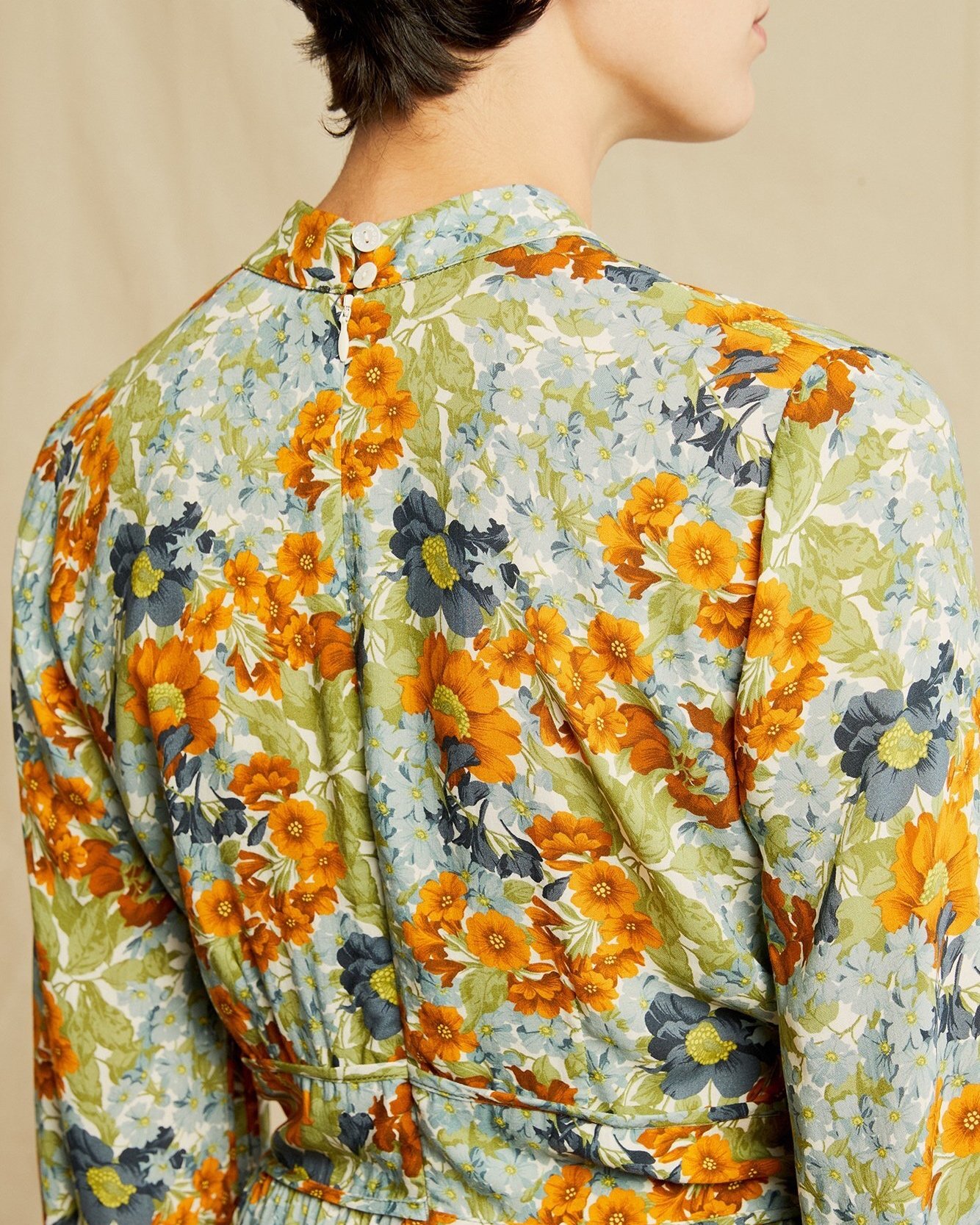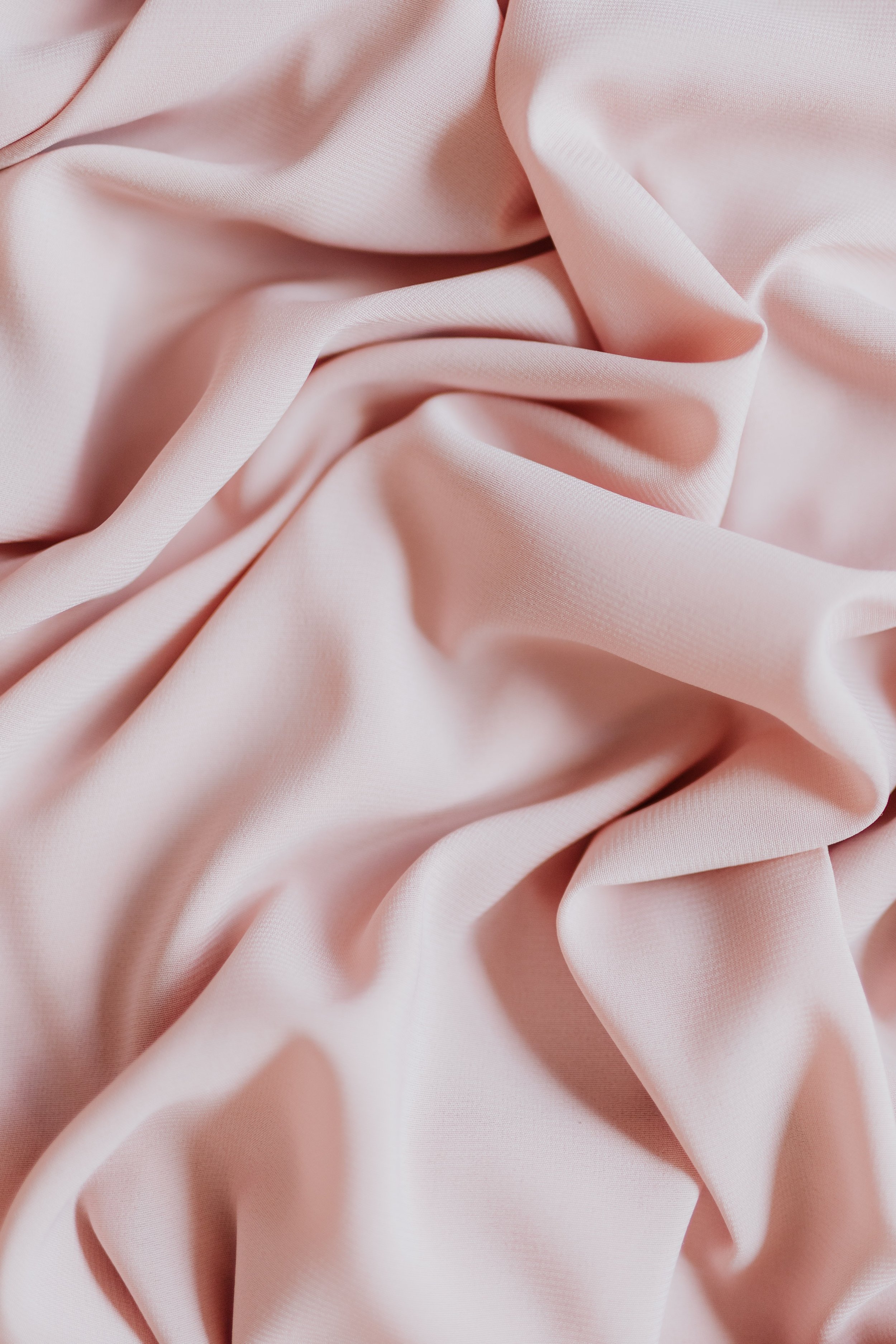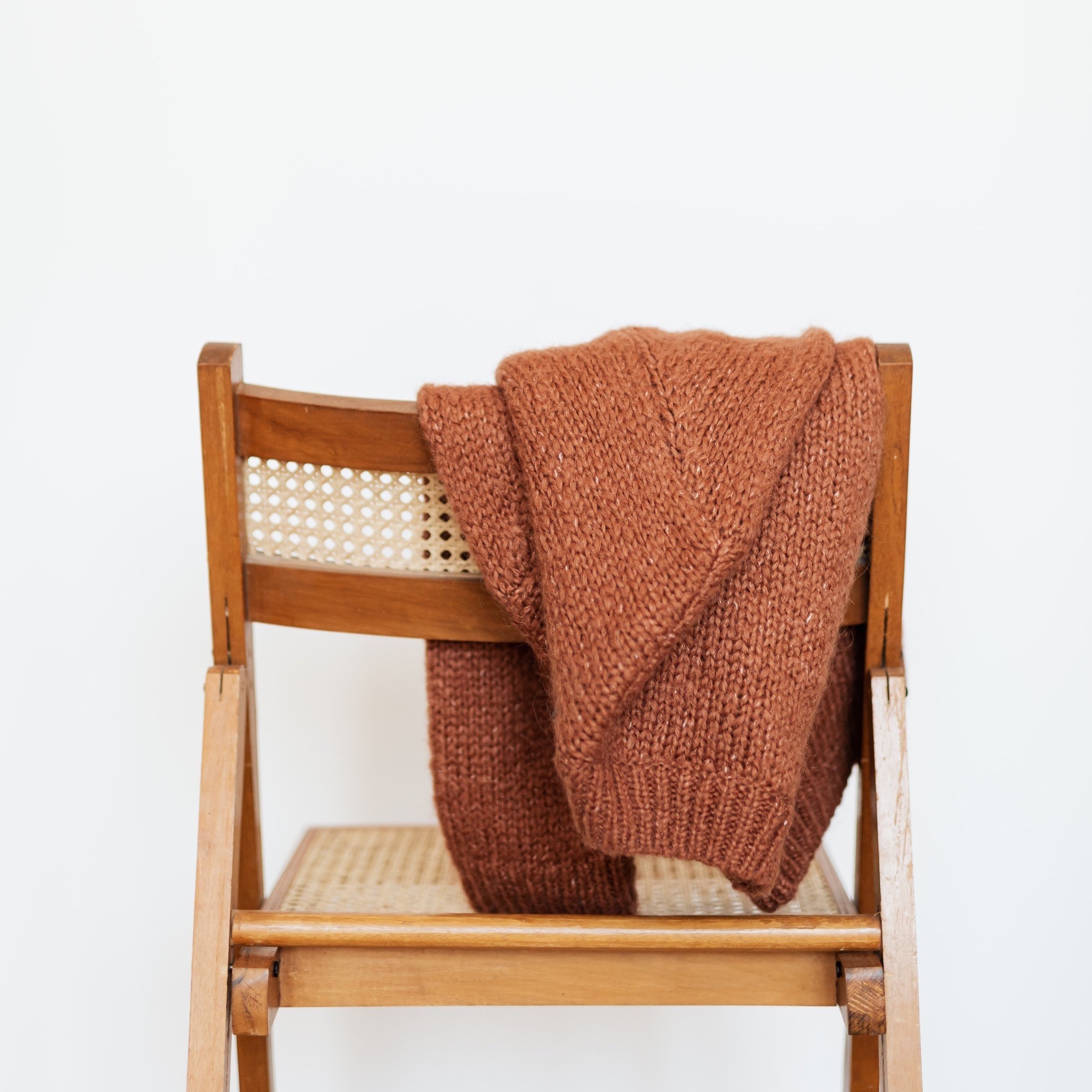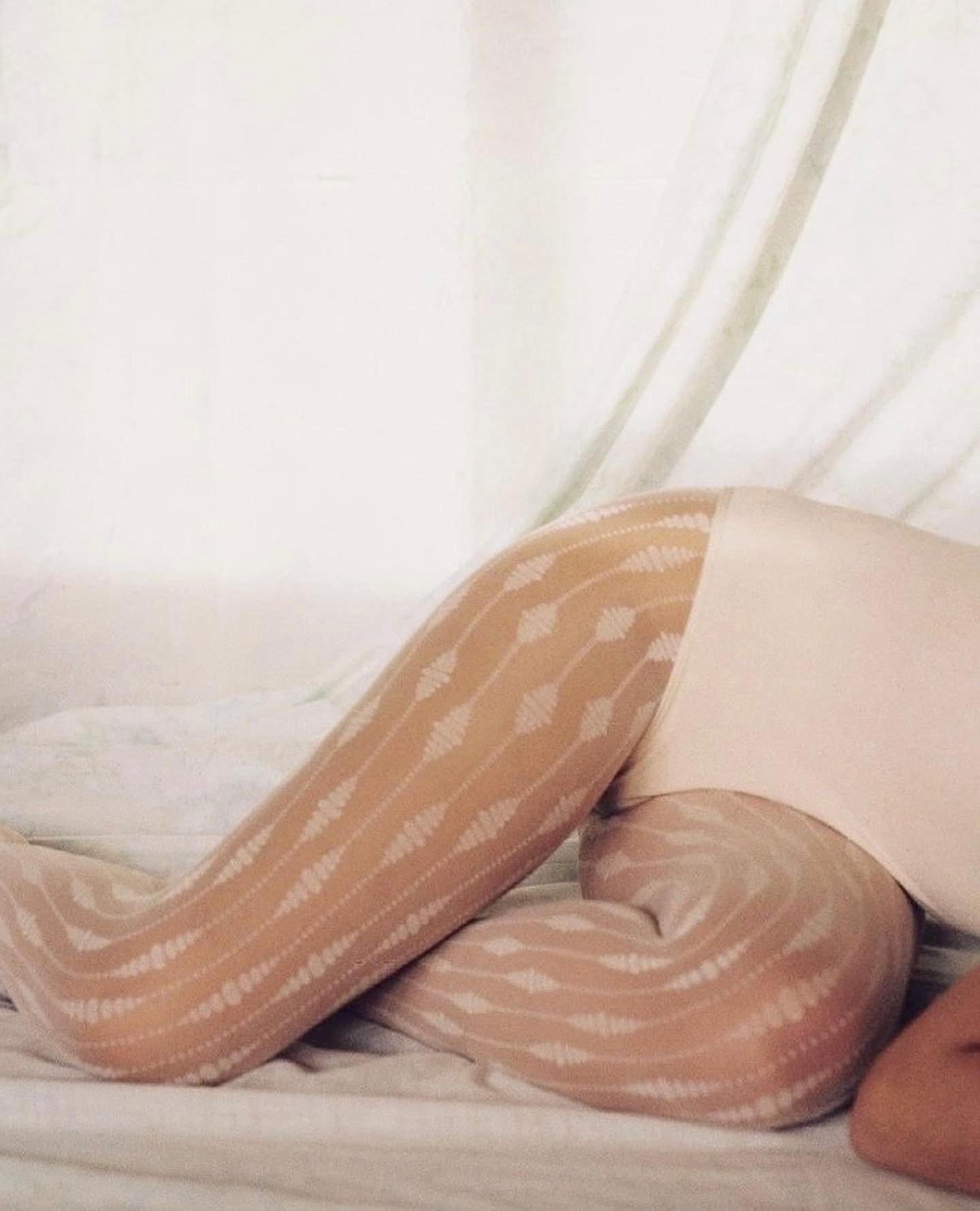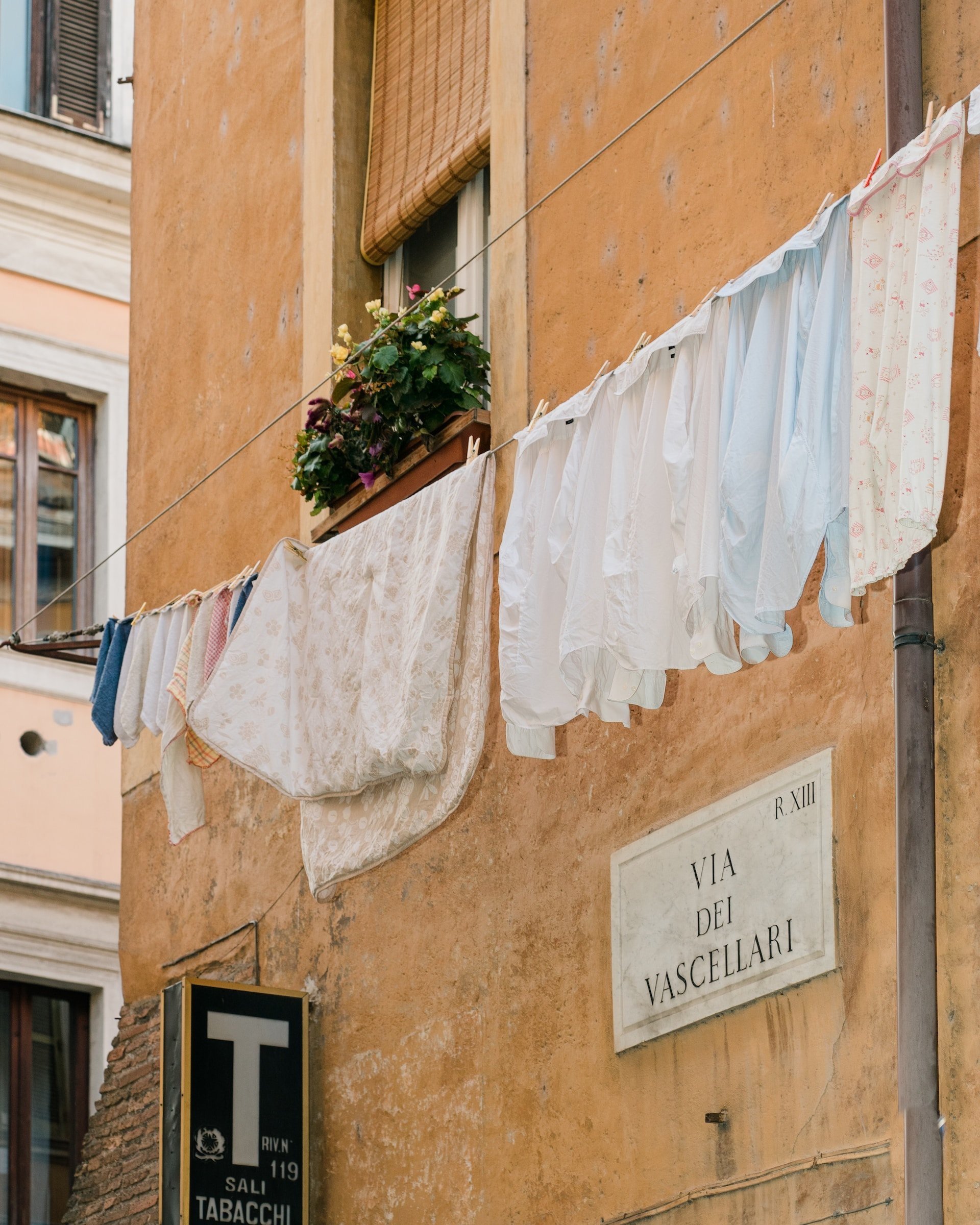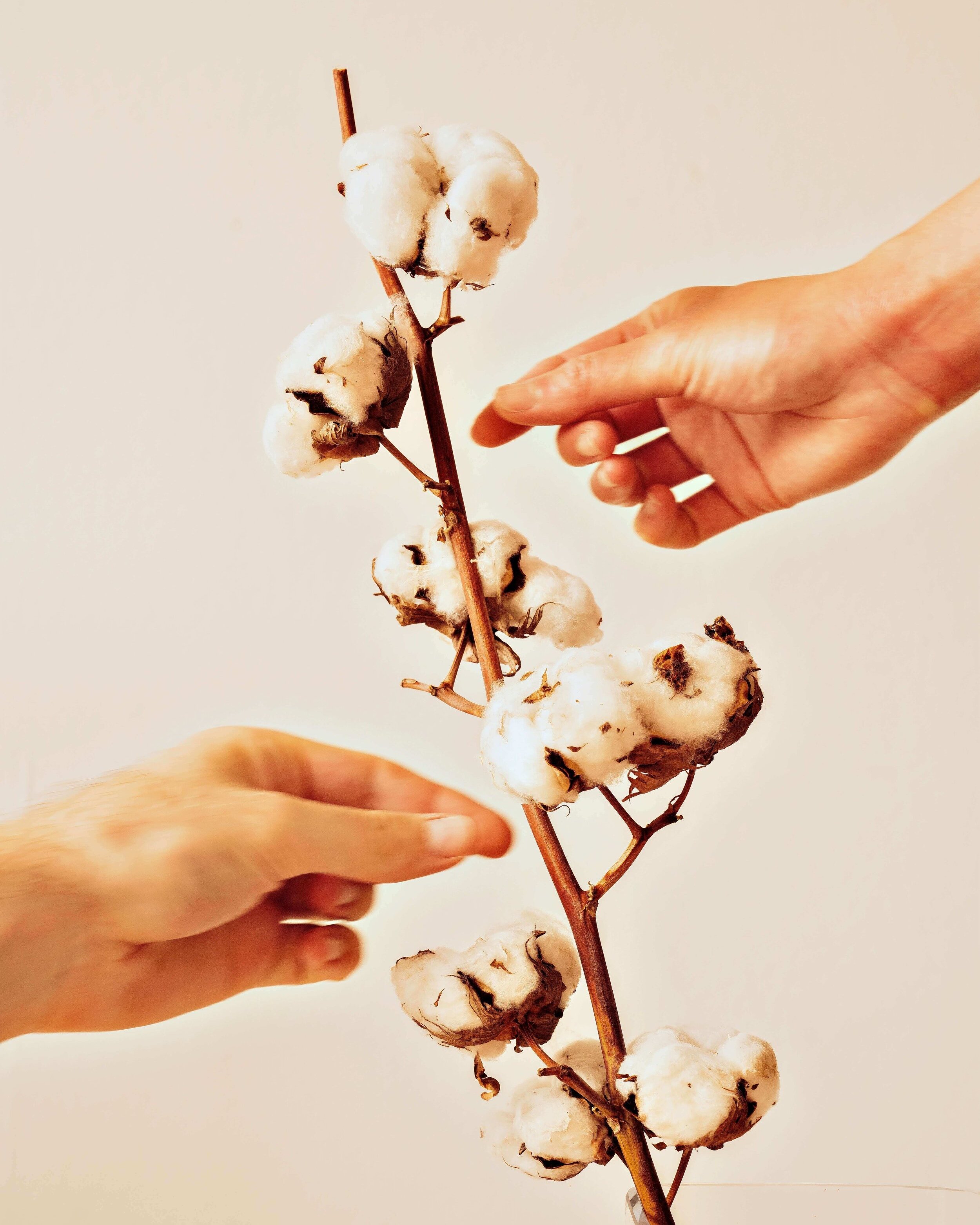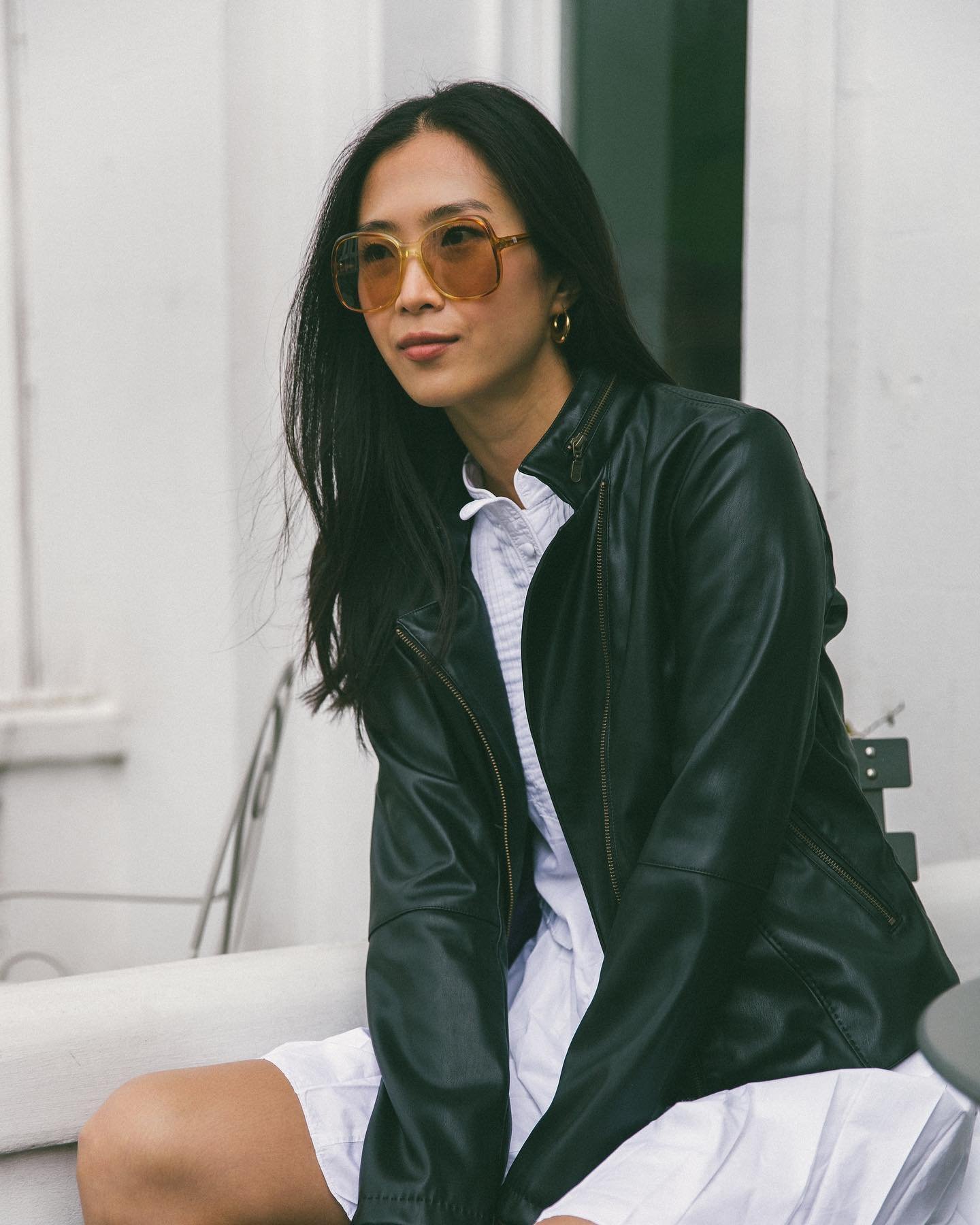Are Tampons Toxic?
You’ve probably seen the uproar on the news or social media about the presence of lead in tampons. A study conducted by researchers at UC Berkeley found that tampons from several brands may contain toxic metals like arsenic, cadmium, and lead.
Tampons are particularly concerning when it comes to exposure to these toxins because the skin of the vagina is more sensitive to chemical absorption than anywhere else on the body. Also, tampons are used by a large percentage of the population for several hours at a time, increasing the time for absorption.
“Despite this large potential for public health concern, very little research has been done to measure chemicals in tampons,” said lead author Jenni A. Shearston, postdoctoral scholar at the UC Berkeley School of Public Health and UC Berkeley’s Department of Environmental Science, Policy, & Management. “To our knowledge, this is the first paper to measure metals in tampons. Concerningly, we found concentrations of all metals we tested for, including toxic metals like arsenic and lead.”
The challenge with this study lies in the fact that none of the brands tested have been identified. This lack of transparency raises concerns about the safety and reliability of all tampons on the market. It may be a good idea to refrain from using any tampons for the time being, particularly until further research is conducted to evaluate their safety and efficacy. This cautious approach can help ensure that consumers make informed choices regarding their menstrual products.
But the good news is that there are plenty of alternatives to tampons - that are kinder to both our bodies and also the planet.
Safer Alternatives to Tampons
First up, we have period panties. These are an absolute game changer. They feel super secure, no leaks, and you don’t have to worry about carrying around a spare sanitary pad or tampon in your purse when you go out. Plus, they’re a good bang for your buck - pricing starts as low as $10. Some brands are pricier, but while they may be a bit of an upfront investment ($35-50), a good pair can last you 3-4 years, so it definitely pays off soon enough - tampons are not cheap!
We have a list of period underwear brands here.
We recommend brands like Aisle and Saalt. Thinx is a little more controversial due to the tests which found PFAS in their products, but the brand has since committed to making sure these toxins aren’t added to their products going forward. Plus, the brand is OEKO-Tex certified, meaning it’s free of harmful chemicals. Check out our honest review on the Thinx hiphuggers here!
Next up, we have menstrual cups. Reusable and durable, menstrual cups are a great alternative to single-use tampons and pads. Diva and Intimina are good brands to check out. Menstrual cups are made out of silicon so they are not biodegradable, but definitely leagues ahead of single use pads or tampons in terms of waste generation. Depending on how heavy your flow is, one cup can stay in for about 12 hours or so, so you don’t have to worry about emptying it in public bathrooms while you’re out for longer periods of time!
Menstrual discs are similar to cups but sit higher up, just below the cervix (cups are inserted in the vaginal canal). Cora and Flex are great brands to check out. Diva also does a solid menstrual disc.
Reusable pads are also a sustainable option, and work similar to period panties. They are made out of a variety of materials like cotton, hemp, bamboo, fleece, and some are even infused with activated charcoal to prevent odors. We recommend GladRags and Wuka for reusable pads.
Finally, if you aren’t ready to try out reusable period care options just yet, you can opt for biodegradable pads or tampons (we get it, sometimes we need to start with baby steps!). Viv for your V does pads made out of bamboo fiber that we are big fans of!
MAKE SURE TO PIN THE PHOTO BELOW TO SAVE THIS POST FOR LATER!
Searching for More Sustainable Brands?
The Brand Directory features hundreds of sustainable brands approved by us!
We have broken everything down by category for easy shopping, along with discount codes unique to Sustainably Chic viewers.




